-
2-1.jpg)
The Surge in Demand for Plastic Solid Medicine Bottles in the Pharmaceutical Industry
The pharmaceutical industry is one of the most dynamic sectors in the ...READ MORE -
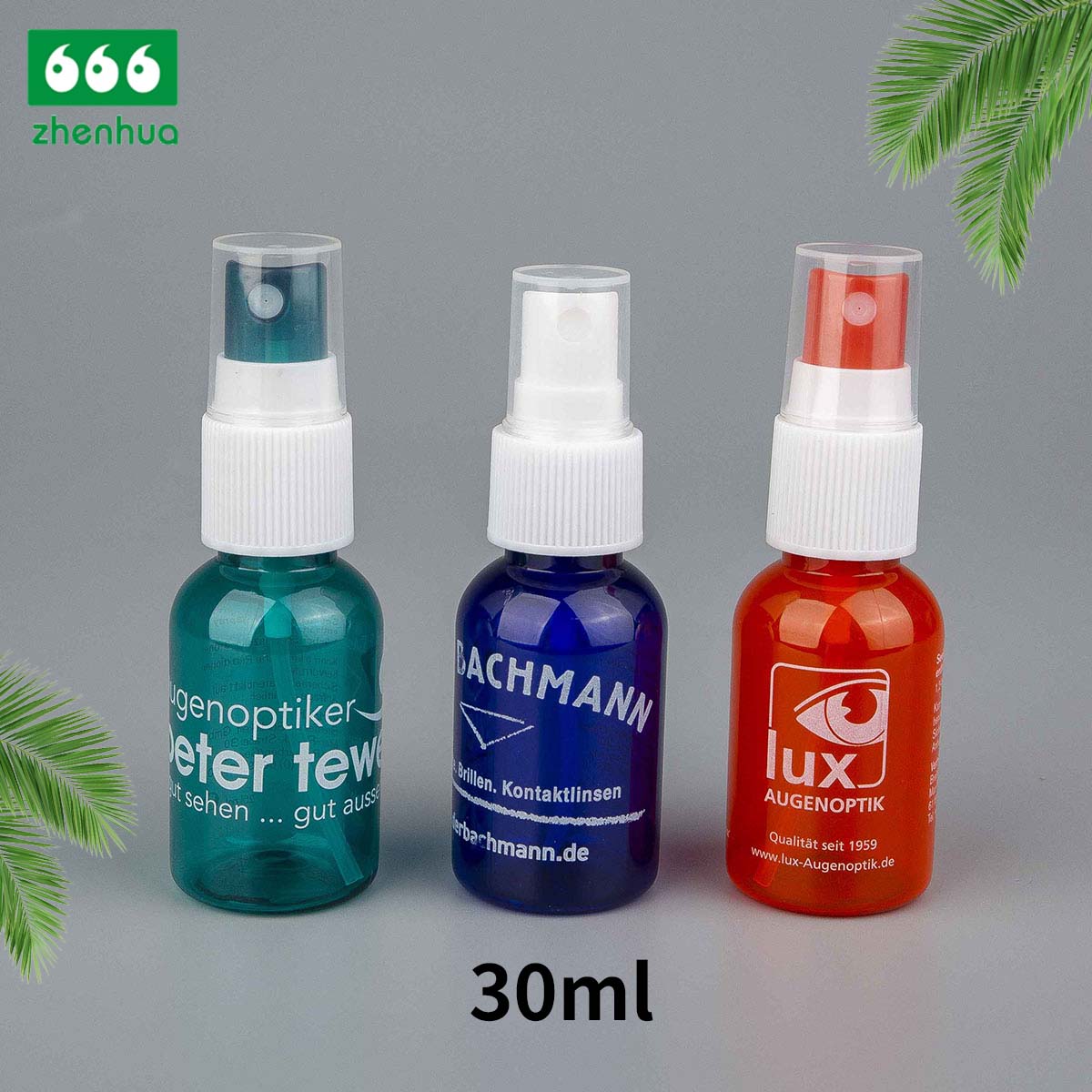
The Rise of the Plastic Spray Bottle in Consumer and Industrial Markets
The global market for household products has seen rapid growth in rece...READ MORE -
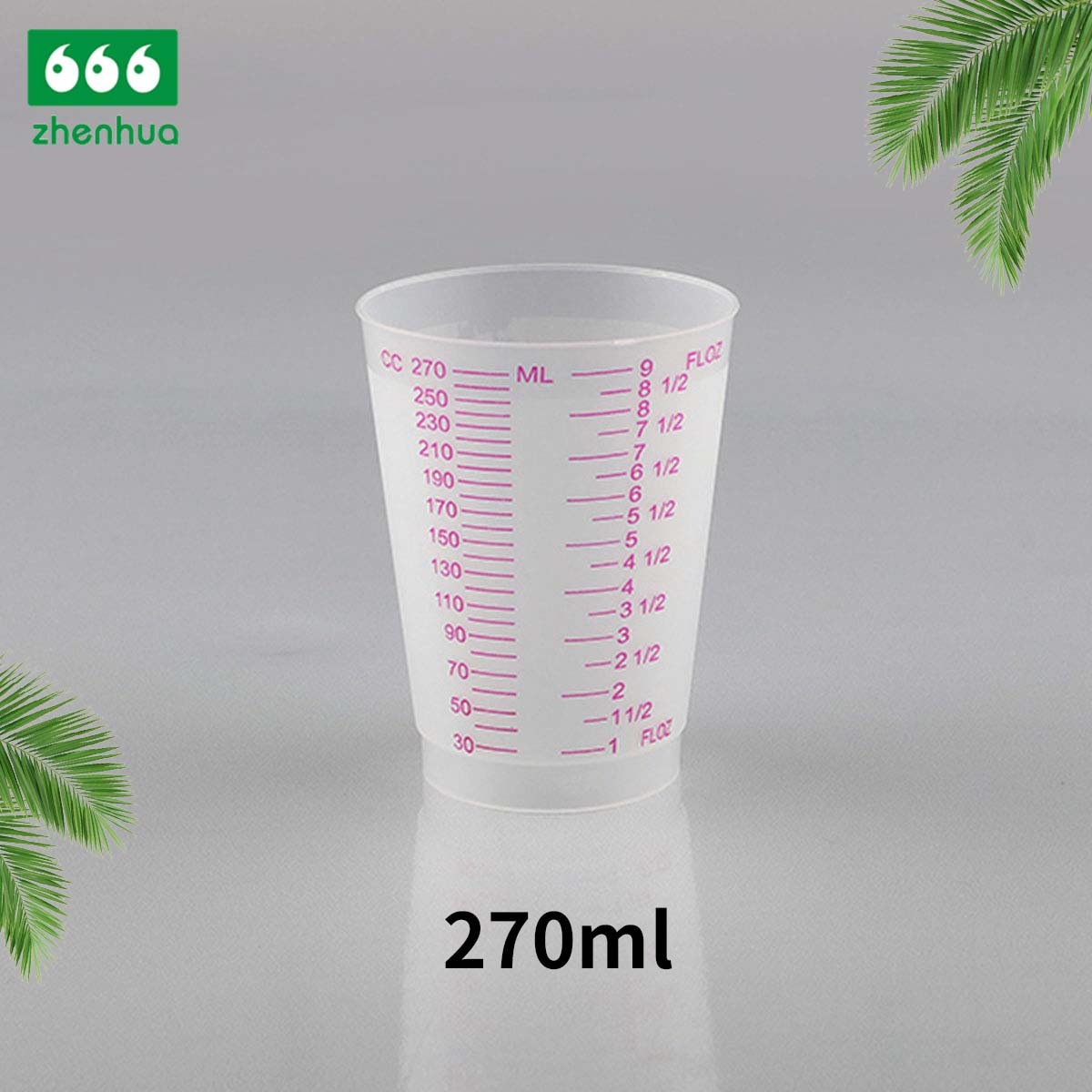
The Growing Demand for Plastic Measuring Cups in the Global Market
The global kitchenware industry has seen a steady rise in the demand f...READ MORE -
.jpg)
HDPE Plastic Pill Bottles: The Future of Tablet Packaging in the Pharmaceutical Industry
In the ever-evolving pharmaceutical industry, packaging plays a pivota...READ MORE
Plastic Solid Medicine Bottle Manufacturers
25/30/40ml Small Capacity Medicinal Granular /pill Health Care PET Bottle PE Lined Screw Cap
| SKU | Capacity (ml) |
Neck Finish Φ | Height (mm) |
Bottle Φ (mm) |
Bottle+Cap (g) |
Bottle Material |
Cap Material |
|---|---|---|---|---|---|---|---|
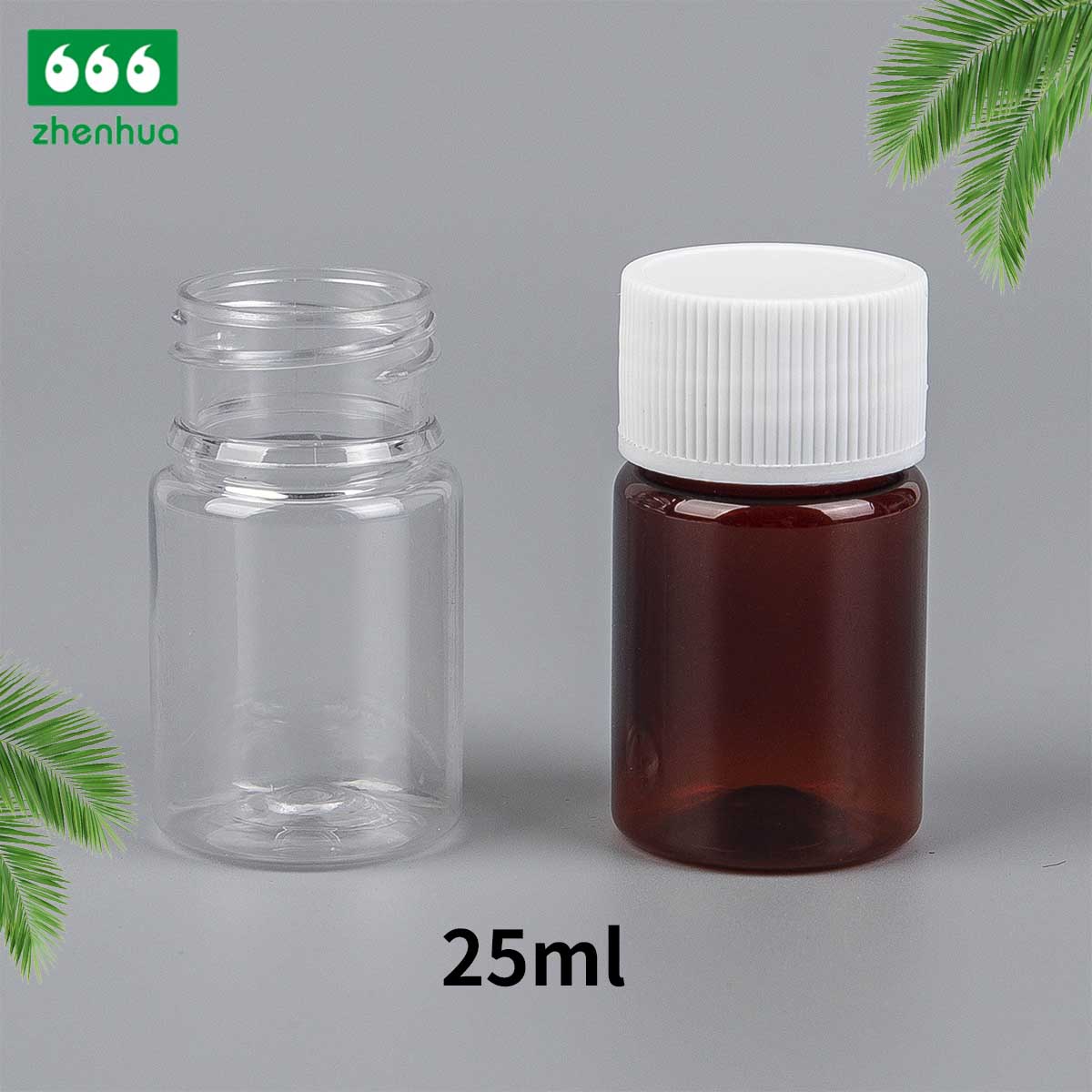 T-ZH25B-S T-ZH25B-S |
25 |
25 |
52.7 |
30.1 |
6.3+2.6 |
PET |
HDPE |
.jpg) T-ZH30BR-S T-ZH30BR-S |
30 |
28/400 |
54.7 |
36.6 |
8.5 |
PET |
HDPE |
1.jpg) T-ZH40BR-S T-ZH40BR-S |
40 |
28 |
65.65 |
37.6 |
7.8+2.8 |
PET |
HDPE |
2oz Round Clear/Amber/White PET Solid Capsule/ Pill Bottle with Child Resistant Cap
| SKU | Capacity (ml) |
Neck Finish Φ | Height (mm) |
Bottle Φ (mm) |
Bottle+Cap (g) |
Bottle Material |
Cap Material |
|---|---|---|---|---|---|---|---|
2-1.jpg) T-ZH60BR-S T-ZH60BR-S |
60 |
34 |
66.11 |
41.73 |
10.6+3 |
PET |
HDPE/ Alum. |
 T-ZH60FL-S T-ZH60FL-S |
60 |
32/400 |
67.3 |
37.8 |
10.5 |
PET |
HDPE/ Alum. |
80/120ml Cylinder Wide Mouth PET Solid Medicine Bottle White PE Lined Screw Cap/CRC Cap
| SKU | Capacity (ml) |
Neck Finish Φ | Height (mm) |
Bottle Φ (mm) |
Bottle+Cap (g) |
Bottle Material |
Cap Material |
|---|---|---|---|---|---|---|---|
2.jpg) T-ZH80HGY-S T-ZH80HGY-S |
80 |
38/400 |
80.2 |
44 |
16.6+7.6 |
PET |
PP |
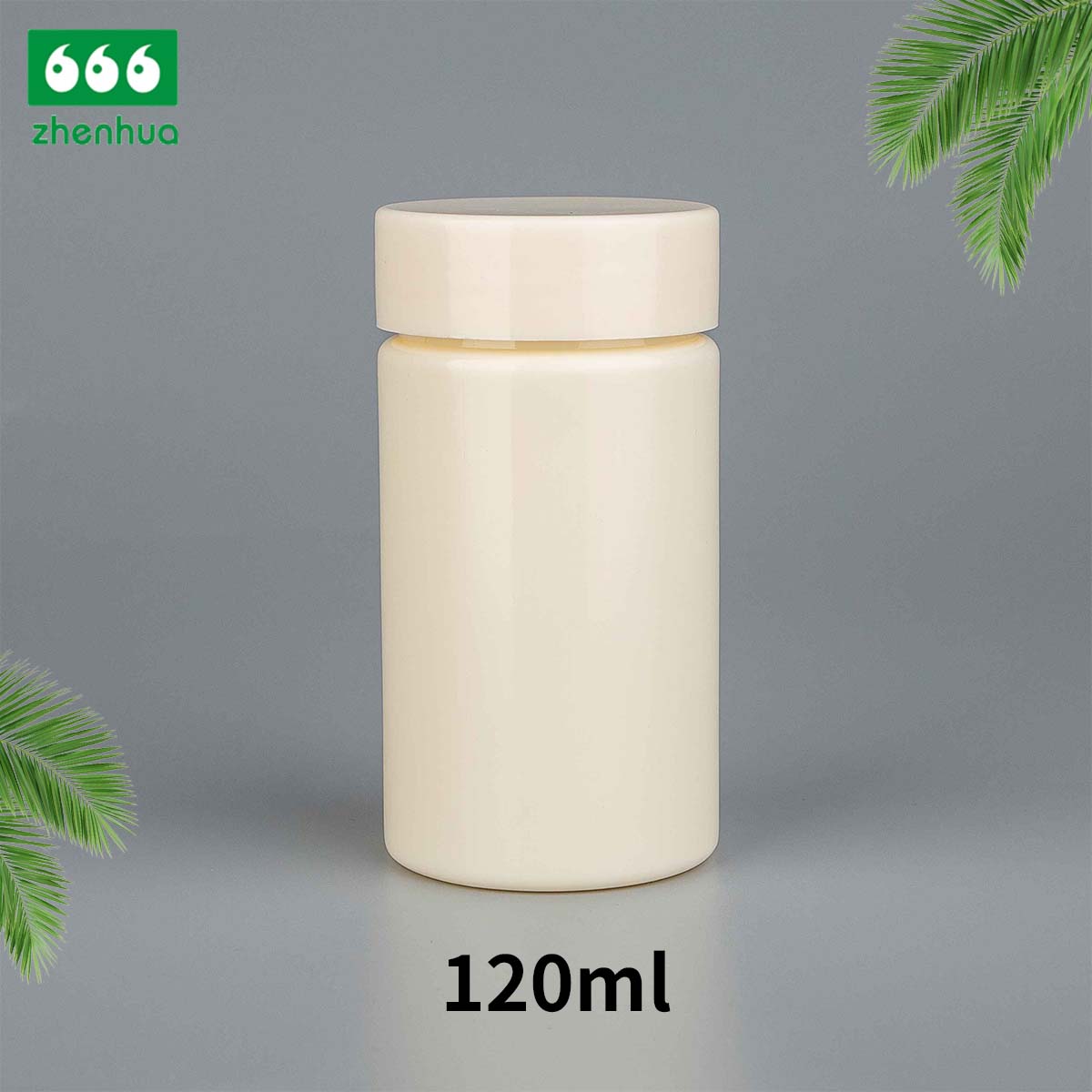 T-ZH120SB-S T-ZH120SB-S |
120 |
46 |
93.6 |
49.8 |
24.5+7.5 |
PET |
PP |
3oz Square Transparent Pill/ Granular PET Bottle With White Ribbed Smooth cap
| SKU | Capacity (ml) |
Neck Finish Φ | Height (mm) |
Bottle Φ (mm) |
Bottle+Cap (g) |
Bottle Material |
Cap Material |
|---|---|---|---|---|---|---|---|
1.jpg) T-ZH90LS-SQ T-ZH90LS-SQ |
80-90 |
34 |
76.5 |
44.5 |
14+3 |
PET |
HDPE |
90cc 100cc 140cc 180cc Eco-friendly PET Amber Pharmaceutical Dietary Supplement Bottles Dispensing Bottles with PE High Screw Cap
| SKU | Capacity (ml) |
Neck Finish Φ | Height (mm) |
Bottle Φ (mm) |
Bottle+Cap (g) |
Bottle Material |
Cap Material |
|---|---|---|---|---|---|---|---|
1.jpg) T-ZH90BR-S T-ZH90BR-S |
90 |
34 |
81.25 |
45.2 |
13.3+3 |
PET |
HDPE |
1.jpg) T-ZH100BR-S T-ZH100BR-S |
100 |
34 |
91.7 |
45.66 |
16.1+3 |
PET |
HDPE |
1.jpg) T-ZH140BR-S T-ZH140BR-S |
140 |
34 |
92.86 |
53.34 |
17.8+3 |
PET |
HDPE |
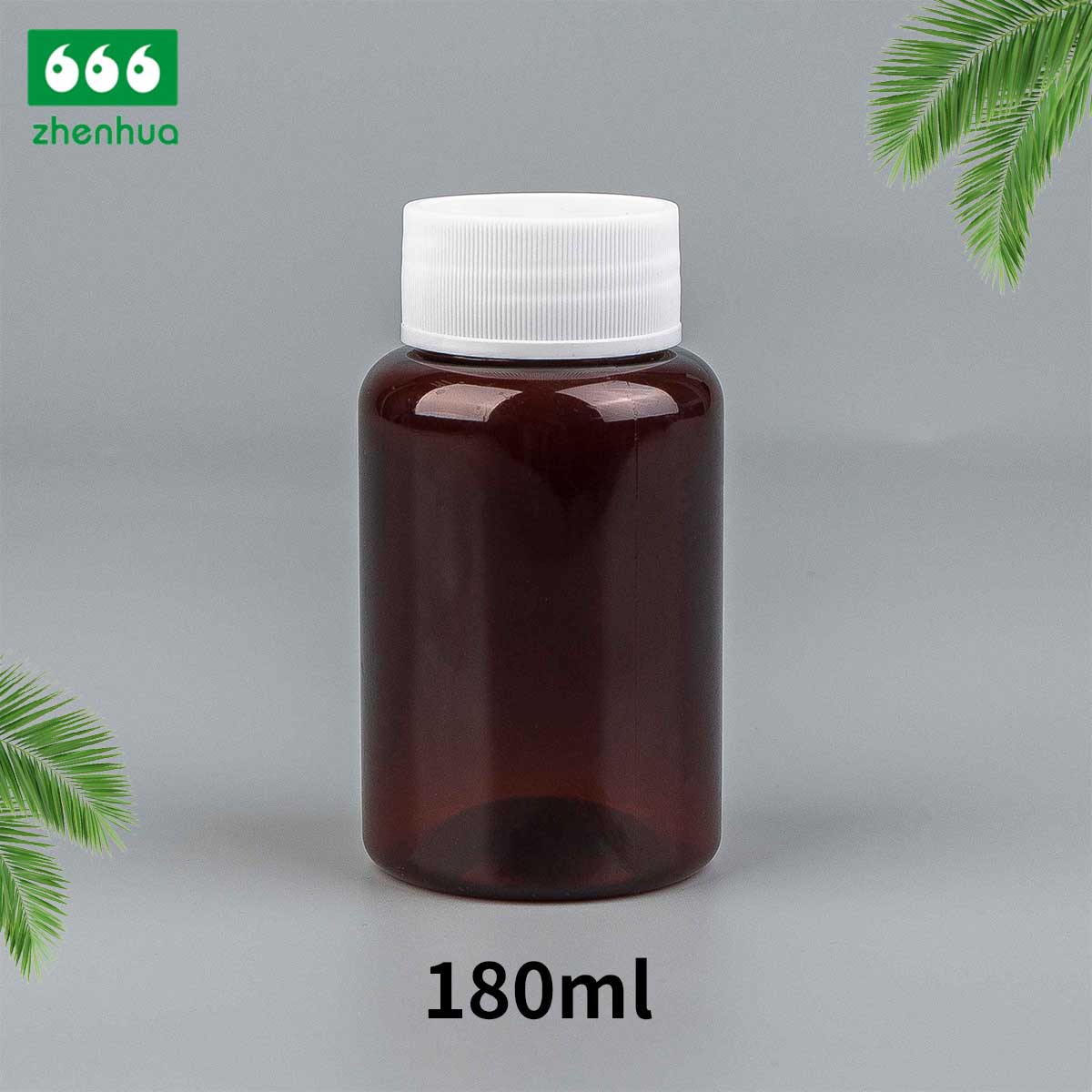 T-ZH180LR-S T-ZH180LR-S |
180 |
40 |
103.5 |
57.6 |
20.7+5.2 |
PET |
HDPE |
100/120/150/180ml Clear Round Capsule/Vitamin PET Bottle with PE Lined Screw Cap/Aluminum Cap
| SKU | Capacity (ml) |
Neck Finish Φ | Height (mm) |
Bottle Φ (mm) |
Bottle+Cap (g) |
Bottle Material |
Cap Material |
|---|---|---|---|---|---|---|---|
1.jpg) T-ZH100GY-S T-ZH100GY-S |
100 |
38/400 |
80.73 |
45.7 |
16 |
PET |
HDPE/ PP/Alum. |
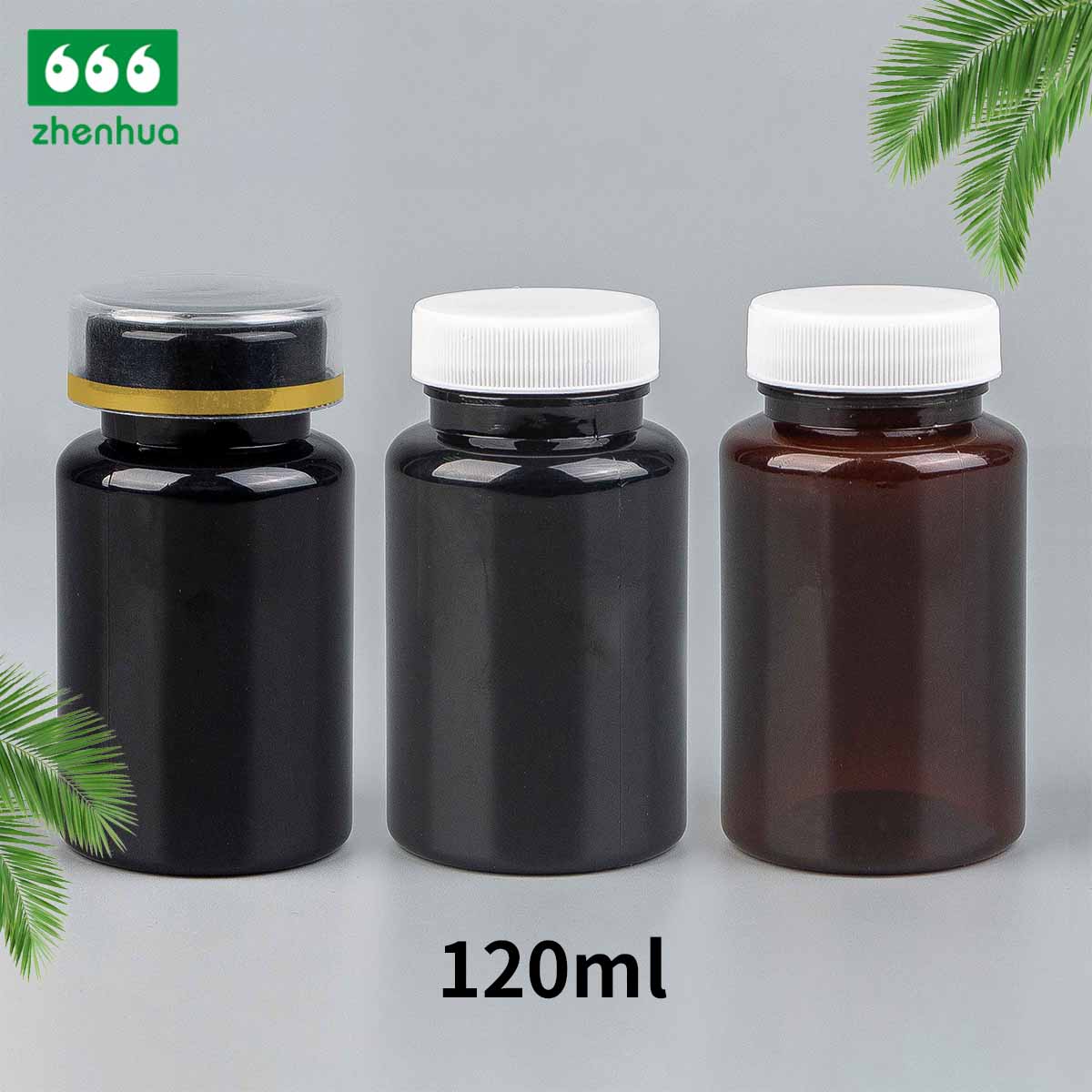 T-ZH120YS-S T-ZH120YS-S |
120 |
38/400 |
87 |
49.5 |
18.5 |
PET |
HDPE/ PP/Alum. |
 T-ZH150BR-S T-ZH150BR-S |
150 |
38/400 |
92.5 |
52.2 |
22 |
PET |
HDPE/ PP/Alum. |
1.jpg) T-ZH180BR-S T-ZH180BR-S |
180 |
45/400 |
97.8 |
58 |
23.5 |
PET |
HDPE/ PP/Alum. |
120ml 150ml 180ml 250ml Plastic PET Hexagonal Bottle Vitamin Medicinal Capsule Solid Bottle with Gold/Silver Electrochemical Aluminium Cap
| SKU | Capacity (ml) |
Neck Finish Φ | Height (mm) |
Bottle Φ (mm) |
Bottle+Cap (g) |
Bottle Material |
Cap Material |
|---|---|---|---|---|---|---|---|
1.jpg) T-TH120HEX-S T-TH120HEX-S |
120 |
38/400 |
85.4 |
48.6*55 |
16.8+5.5 |
PET |
HDPE/ PP |
8.jpg) T-ZH150HEX-S T-ZH150HEX-S |
150-160 | 45/400 | 93.6 | 55.5 | 27.5 | PET | HDPE/ PP/Alum. |
1.jpg) T-ZH250CQ-HE T-ZH250CQ-HE |
250 | 38/400 | 103.6 | 62.3 | 27.5 | PET | PP |
 T-TH180SQ T-TH180SQ |
180 |
43/400 |
85 |
62.8*70.5 |
25.5+4 |
PET |
HDPE |
38/400 Neck Finish 150cc 175cc White Straight Cylindrical Wide-mouth Bottle Multivitamin Softgel Capsule Supplement Bottle with Childproof Cap
| SKU | Capacity (ml) |
Neck Finish Φ | Height (mm) |
Bottle Φ (mm) |
Bottle+Cap (g) |
Bottle Material |
Cap Material |
|---|---|---|---|---|---|---|---|
1-1.jpg) T-ZH150BFL-S T-ZH150BFL-S |
150 |
38/400 |
127.7 |
44.3 |
22 |
PET |
HDPE/ PP/Alum. |
1.jpg) T-ZH175BFL-S T-ZH175BFL-S |
175 |
38/400 |
142.8 |
43.5 |
22 |
PET |
HDPE/ PP/Alum. |
43/400 Calibre 150cc 200cc 250cc 280cc Plastic PET Amber Solid Tablet Packaging Bottle Herbal Extract Capsule Bottle
| SKU | Capacity (ml) |
Neck Finish Φ | Height (mm) |
Bottle Φ (mm) |
Bottle+Cap (g) |
Bottle Material |
Cap Material |
|---|---|---|---|---|---|---|---|
 T-ZH150BR2-S T-ZH150BR2-S |
150 |
43/400 |
93.5 |
53.2 |
27 |
PET |
HDPE/ PP/Alum. |
3.jpg) T-ZH200BR-S T-ZH200BR-S |
200-220 |
43/400 |
105 |
58.7 |
27.5 |
PET |
HDPE/ PP/Alum. |
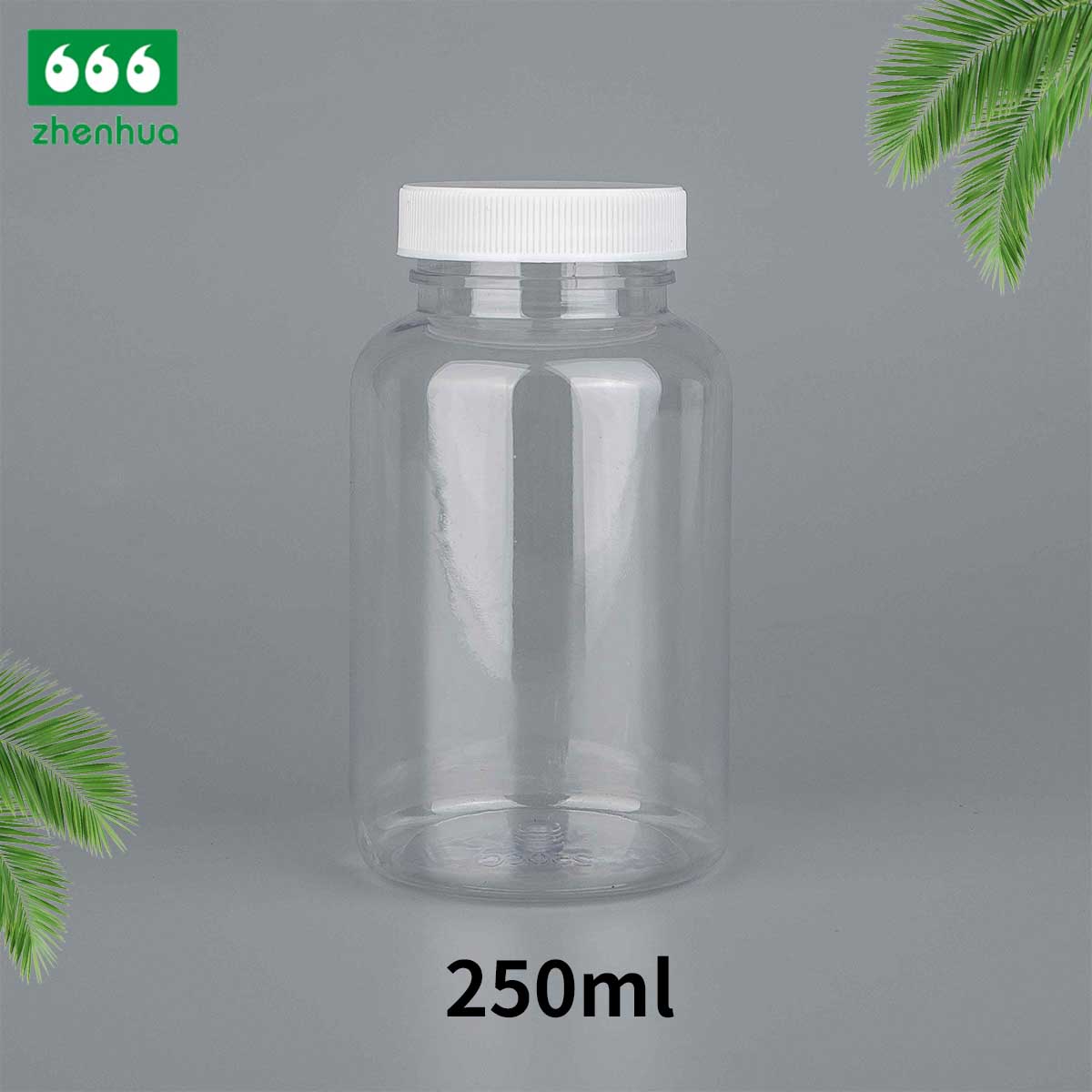 T-ZH250EM-S T-ZH250EM-S |
250 |
43/400 |
110 |
62.2 |
27.5 |
PET |
HDPE/ PP/Alum. |
1.jpg) T-ZH280BA T-ZH280BA |
280 |
43/400 |
124.34 |
60.75 |
32.5 |
PET |
HDPE/PP/Alum. |
160ml 180ml 200ml Transparent Slant PET Nutraceutical Bottle Pharmaceutical Grade Capsule Bottle with Electrified Aluminium Cap
| SKU | Capacity (ml) |
Neck Finish Φ | Height (mm) |
Bottle Φ (mm) |
Bottle+Cap (g) |
Bottle Material |
Cap Material |
|---|---|---|---|---|---|---|---|
1.jpg) T-ZH160B T-ZH160B |
160 |
38/400 |
99 |
53 |
17.4+6 |
PET |
PP |
1.jpg) T-ZH180JY T-ZH180JY |
180 |
38/400 |
112.5 |
54.8 |
23.5 |
PET |
Alum. |
1.jpg) T-ZH200JY T-ZH200JY |
200 |
43/400 |
109.5 |
60.5 |
25.5 |
PET |
HDPE/ PP/Alum. |
175cc 200cc Eco-friendly Amber PET Solid Capsule Packaging Bottle Chewable Tablet Bottle with White PP Flip Top Cap
| SKU | Capacity (ml) |
Neck Finish Φ | Height (mm) |
Bottle Φ (mm) |
Bottle+Cap (g) |
Bottle Material |
Cap Material |
|---|---|---|---|---|---|---|---|
 T-ZH175B T-ZH175B |
175 |
45/400 |
95.3 |
56.26 |
22 |
PETE |
HDPE/ PP/Alum. |
2.jpg) T-ZH175YX-S T-ZH175YX-S |
175 |
38/400 |
96.7 |
56.6 |
22 |
PETE |
PHDPE/ PP/Alum. |
1.jpg) T-ZH200BW T-ZH200BW |
200 |
38/400 |
107.24 |
56.1 |
23.5 |
PETE |
Alum. |
200/300/500/750ml Round Amber Fish Oil/Capsule/Nutritional Supplement PET Bottle with Pressure Screw Cap
| SKU | Capacity (ml) |
Neck Finish Φ | Height (mm) |
Bottle Φ (mm) |
Bottle+Cap (g) |
Bottle Material |
Cap Material |
|---|---|---|---|---|---|---|---|
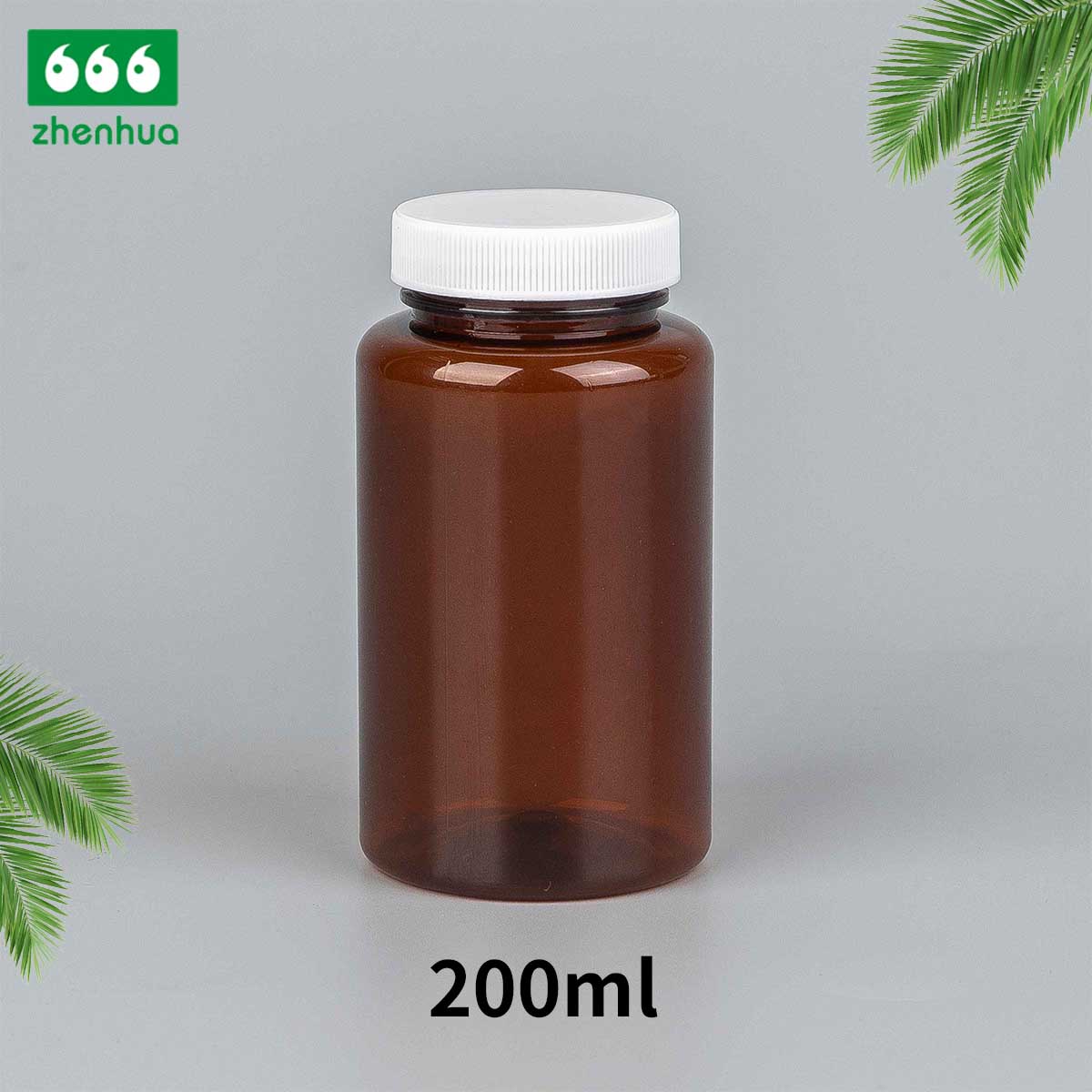 T-ZH200YX-S T-ZH200YX-S |
200 |
45/400 |
109 |
59 |
25.5 |
PET |
HDPE/PP/Alum. |
1.jpg) T-ZH300YX-S T-ZH300YX-S |
300 |
45/400 |
119.85 |
67.77 |
38.5 |
PET |
HDPE/PP/Alum. |
1.jpg) T-ZH500GY-S T-ZH500GY-S |
500 |
53/400 |
135.7 |
77 |
54 |
PETE |
HDPE/ PP/Alum. |
1.jpg) T-ZH750GY-S T-ZH750GY-S |
750 |
53/400 |
162 |
89 |
64 |
PETE |
HDPE/ PP/Alum. |
These bottles are crafted from premium raw materials such as PET (Polyethylene Terephthalate) and HDPE (High-Density Polyethylene), ensuring durability, stability, and safety. The materials used conform to stringent standards, including Food- and Pharmaceutical-Grade requirements, guaranteeing the integrity and purity of the contents stored within.
One of the distinguishing features of these bottles is their production in a dust-free workshop environment. This ensures that the bottles remain free from contaminants, maintaining the hygienic standards necessary for pharmaceutical and healthcare packaging. The meticulous attention to cleanliness underscores the commitment to delivering high-quality products suitable for medical applications.
Plastic solid medicine bottles are manufactured using advanced techniques such as Injection Blowing and Extrusion Blowing processes. These methods enable precise shaping and sizing, resulting in bottles that accommodate a wide range of solid medications, supplements, and healthcare products. Whether it's capsules, pills, tablets, or powders, these bottles offer versatile packaging solutions to meet diverse needs.
These bottles come in various sizes, shapes, and colors to cater to different requirements and preferences. Whether it's small, single-dose containers or larger, multi-dose bottles, the product range offers options suitable for various packaging volumes and dosage forms. Additionally, the availability of different calibers and multiple optional caps enhances the flexibility and functionality of these bottles, allowing for convenient dispensing and usage.
In terms of applications, plastic solid medicine bottles find extensive use in pharmaceutical packaging, where they serve as primary containers for storing and dispensing medications. Their robust construction and secure sealing properties ensure the preservation of product integrity and safety throughout storage and transportation. Furthermore, these bottles are well-suited for personal healthcare packaging, offering individuals a reliable means to store and access their medications conveniently.
Beyond pharmaceutical and healthcare sectors, plastic solid medicine bottles also find applications in food packaging. Their versatility and compliance with regulatory standards make them suitable for packaging solid food supplements, vitamins, and nutritional products. Whether it's over-the-counter medications, dietary supplements, or health-oriented food products, these bottles provide a reliable packaging solution that maintains product quality and safety.
Plastic solid medicine bottles represent a vital component of pharmaceutical and healthcare packaging, offering a combination of premium materials, precise manufacturing processes, and versatile design options. With their adherence to regulatory standards, commitment to quality, and suitability for diverse applications, these bottles serve as indispensable tools for packaging solid medications, personal healthcare products, and nutritional supplements, ensuring the integrity and safety of the contents they contain.


Zhejiang Zhenhua Plastic Co., Ltd. (Referred to as the "Company") was established in 1992, Covering an area near70000 square meters. is a comprehensive high-tech private enterprise integrating research and development, production, and sales, is a high-tech private enterprise in Zhejiang province. Zhenhua Plastic introduced advanced equipment, high-quality molds, equipped with testing equipment, and has more than 9000 square meters of 100,000 class purification workshop. It is a professional medical packaging factory in Zhejiang Province. Precision ASB one-step injection and blow-pull molding equipment, fully automatic injection molding machine, At present, all the equipment in the company is controlled fully by a micro-computer. The whole production process is designed according to GMP standards and reaches 100,000 standard purification workshops.
Over the past years, Zhenhua Plastic has been successively rated as the "Unit of Quality and Credit Keeping in Zhejiang Province" and "City Two Stars" Industrial Enterprises, AAA Credit Enterprises of Agricultural Bank of China, and "Yuhuan City Contract and Credit Keeping Units" and other honors, and won the technological transformation of advanced enterprises, top ten enterprises and so on. Zhenhua Plastic always adheres to the production requirements of "high quality and high standard" to provide customers with satisfactory products.
Commitment to Quality
Industry Knowledge Expansion
How are wide mouth plastic containers with caps revolutionizing the packaging industry
1. Enhanced Accessibility and Convenience:
Wide mouth plastic containers with caps provide easy access to the contents within. The wide opening allows for effortless filling, pouring, and scooping, eliminating the need for additional utensils or funnels. This feature is particularly beneficial for industries such as food and beverage, where efficient and convenient access to products is essential.
2. Improved Product Protection:
These containers are designed to provide a secure and airtight seal, preserving the freshness and quality of the packaged goods. The cap ensures that the contents remain intact during storage, transportation, and handling. This enhanced product protection makes wide mouth plastic containers ideal for perishable items, chemicals, pharmaceuticals, and other sensitive products.
3. Versatile Applications:
Wide mouth plastic containers find applications across various industries. They are commonly used for packaging food products such as sauces, condiments, spreads, and dry goods. Additionally, they are utilized in the healthcare sector for storing medications, creams, and ointments. The wide opening also makes them suitable for storing hardware items, powders, and granules in the manufacturing and construction industries.
4. Customizable and Branding Opportunities:
Manufacturers can customize wide mouth plastic containers with caps to suit their branding and marketing needs. These containers are available in different shapes, sizes, and colors, providing businesses with the opportunity to create unique packaging that aligns with their brand identity. Furthermore, labels and logos can be easily applied to the smooth surface of the containers, helping to enhance brand visibility and recognition.
5. Eco-Friendly Alternatives:
In recent years, there has been an increasing demand for sustainable packaging solutions. Wide mouth plastic containers with caps can be manufactured using recyclable materials, contributing to the reduction of plastic waste. Additionally, advancements in biodegradable plastics have made it possible to create eco-friendly alternatives, ensuring a more sustainable future for the packaging industry.
6. Cost-Effective Solution:
Wide mouth plastic containers offer cost advantages over other packaging materials. Plastic is a lightweight material, reducing shipping and transportation costs. Moreover, the durability and reusability of plastic containers make them a cost-effective choice for both manufacturers and consumers, as they can be reused for storage purposes, reducing the need for additional containers.
7. Regulatory Compliance:
Wide mouth plastic containers with caps comply with industry regulations and standards. They are designed to meet specific requirements for food safety, hygiene, and product labeling. By utilizing these containers, businesses can ensure compliance with relevant regulations, fostering consumer trust and confidence in their products.
How is the wide mouth plastic container with cap revolutionizing the packaging industry
1. Enhanced Convenience: The wide mouth design of the plastic container allows for easy access and hassle-free filling, emptying, and cleaning. This feature is particularly advantageous for industries such as food and beverages, pharmaceuticals, and personal care products, where easy handling and convenience are crucial.
2. Improved Product Preservation: The cap provided with the wide mouth plastic container ensures a tight seal, preventing air, moisture, and contaminants from entering. This airtight and leak-proof feature helps in preserving the quality, freshness, and shelf life of the packaged goods, reducing the risk of spoilage and product damage.
3. Versatile Applications: Wide mouth plastic containers with caps find applications across a wide range of industries. They are widely used for packaging liquid and solid products, including food ingredients, sauces, condiments, creams, lotions, chemicals, and more. The versatility of these containers makes them highly sought after in various sectors.
4. Durability and Safety: These containers are typically made from high-quality plastic materials such as polyethylene or polypropylene, which offer prime durability and strength. They can withstand various environmental conditions, including temperature fluctuations, ensuring the integrity of the packaged products. Additionally, the use of food-grade and BPA-free plastics ensures product safety and compliance with health and safety regulations.
5. Brand Visibility and Customization: Wide mouth plastic containers provide ample space for branding and labeling. Manufacturers can easily print their logos, product information, and attractive designs on the container surface, enhancing brand visibility and consumer appeal. This customization option enables companies to create unique packaging solutions that reflect their brand identity.
6. Cost-effectiveness: Plastic containers are generally more cost-effective compared to alternative packaging materials such as glass or metal. The production, transportation, and storage costs associated with plastic containers are relatively lower, making them a cost-efficient choice for businesses. Furthermore, their lightweight nature contributes to reduced shipping expenses and environmental impact.
7. Sustainability Considerations: While plastic packaging has faced criticism due to environmental concerns, wide mouth plastic containers can still contribute to sustainability efforts. Many manufacturers now produce containers using recycled plastics or incorporate eco-friendly additives to enhance biodegradability or facilitate recycling. Moreover, the durability of plastic containers allows for their reuse, reducing waste generation.
8. Consumer Preference: The wide mouth plastic container's user-friendly design has gained popularity among consumers. The ease of opening, pouring, and resealing, coupled with the transparent nature of the plastic, allows users to easily identify and access the contents. This convenience factor contributes to a positive consumer experience and can influence repeat purchases.

-
 +86-0576-87142888
+86-0576-87142888
-
 [email protected]
[email protected]
-
 No. 1 West Road, Pharmaceutical Packaging Industrial Zone. Lupu Town, Yuhuan City, Zhejiang Province, China
No. 1 West Road, Pharmaceutical Packaging Industrial Zone. Lupu Town, Yuhuan City, Zhejiang Province, China
 en
en
 English
English 中文简体
中文简体

2.jpg)
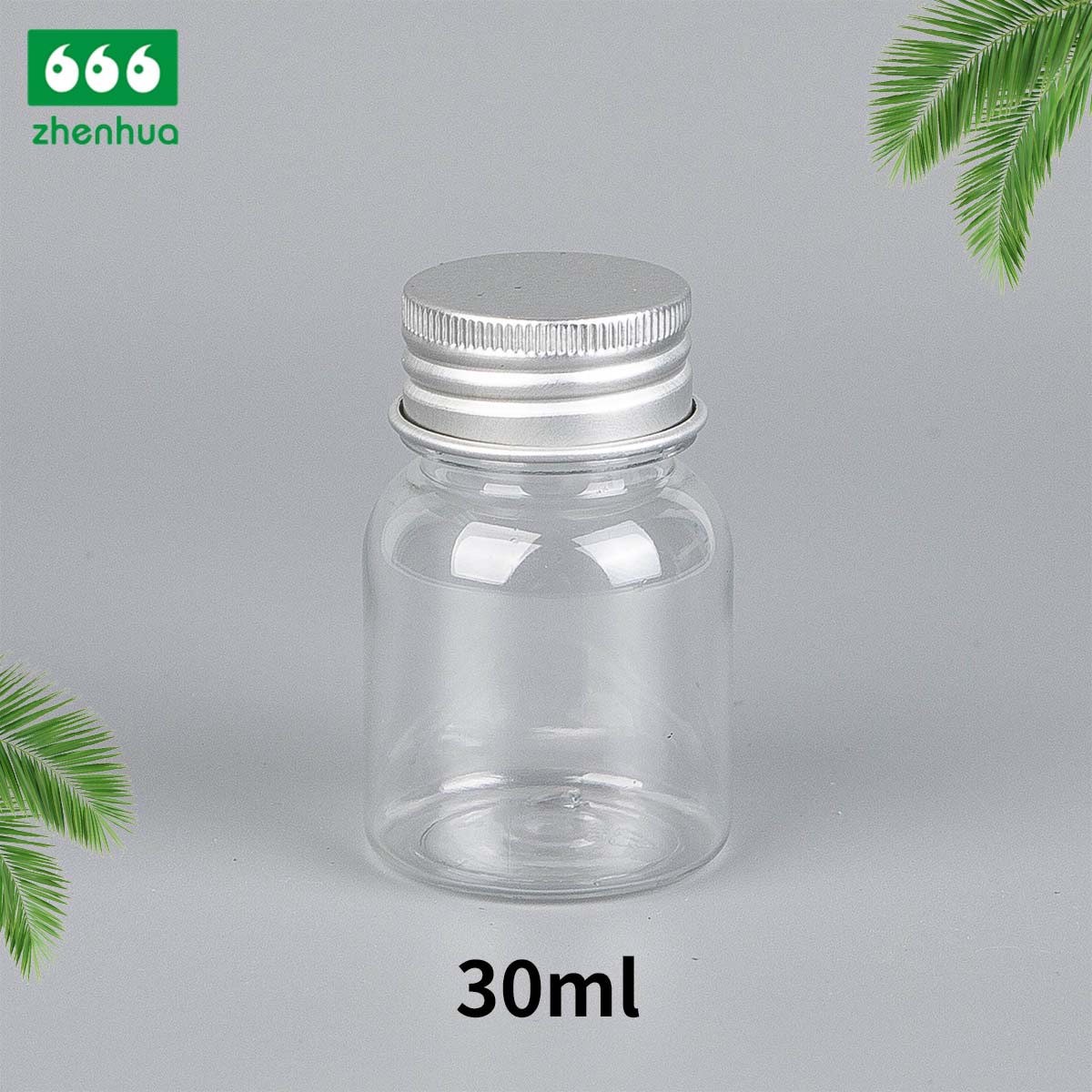
1.jpg)
3.jpg)
4.jpg)
2.jpg)
1-1.jpg)
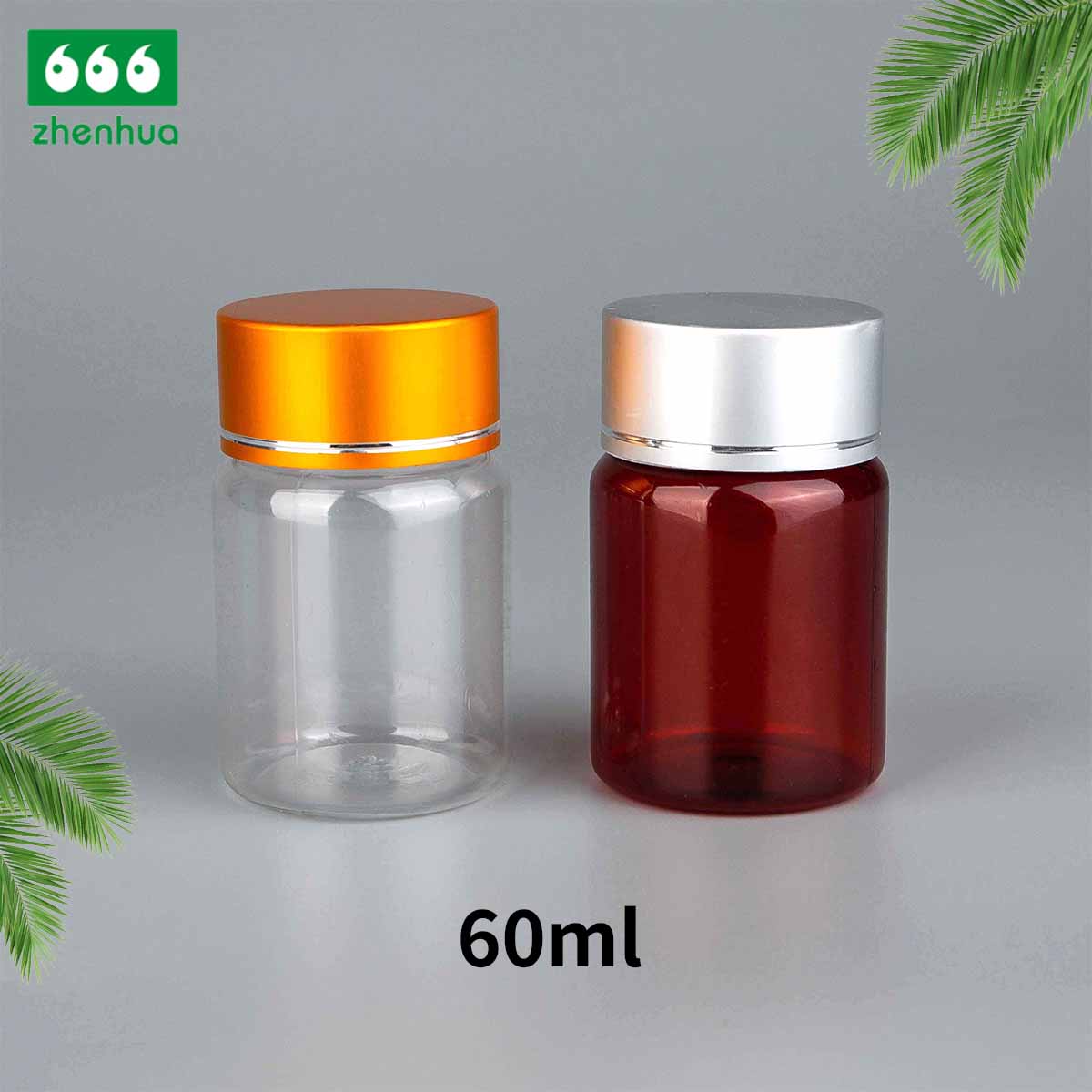
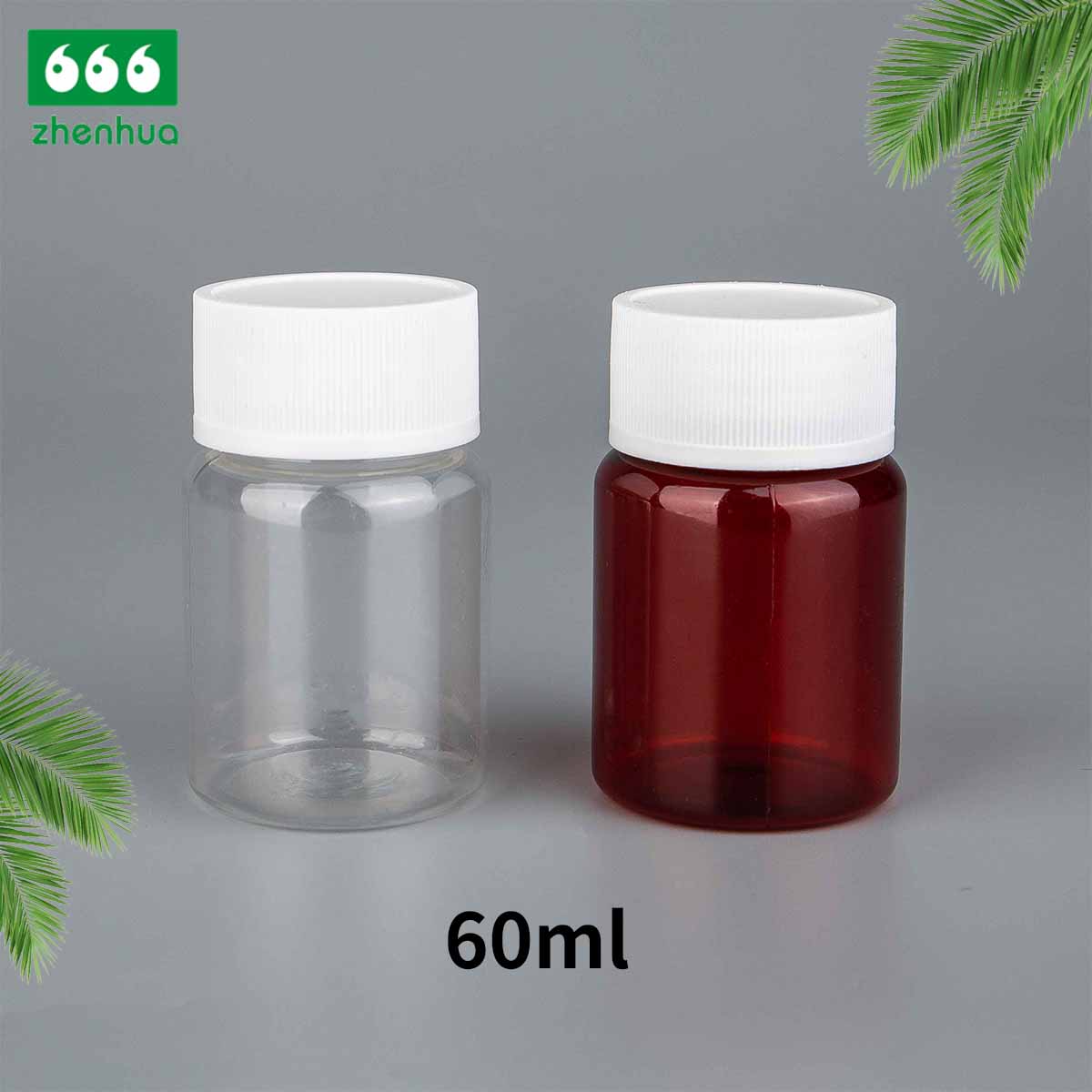
1.jpg)
2.jpg)
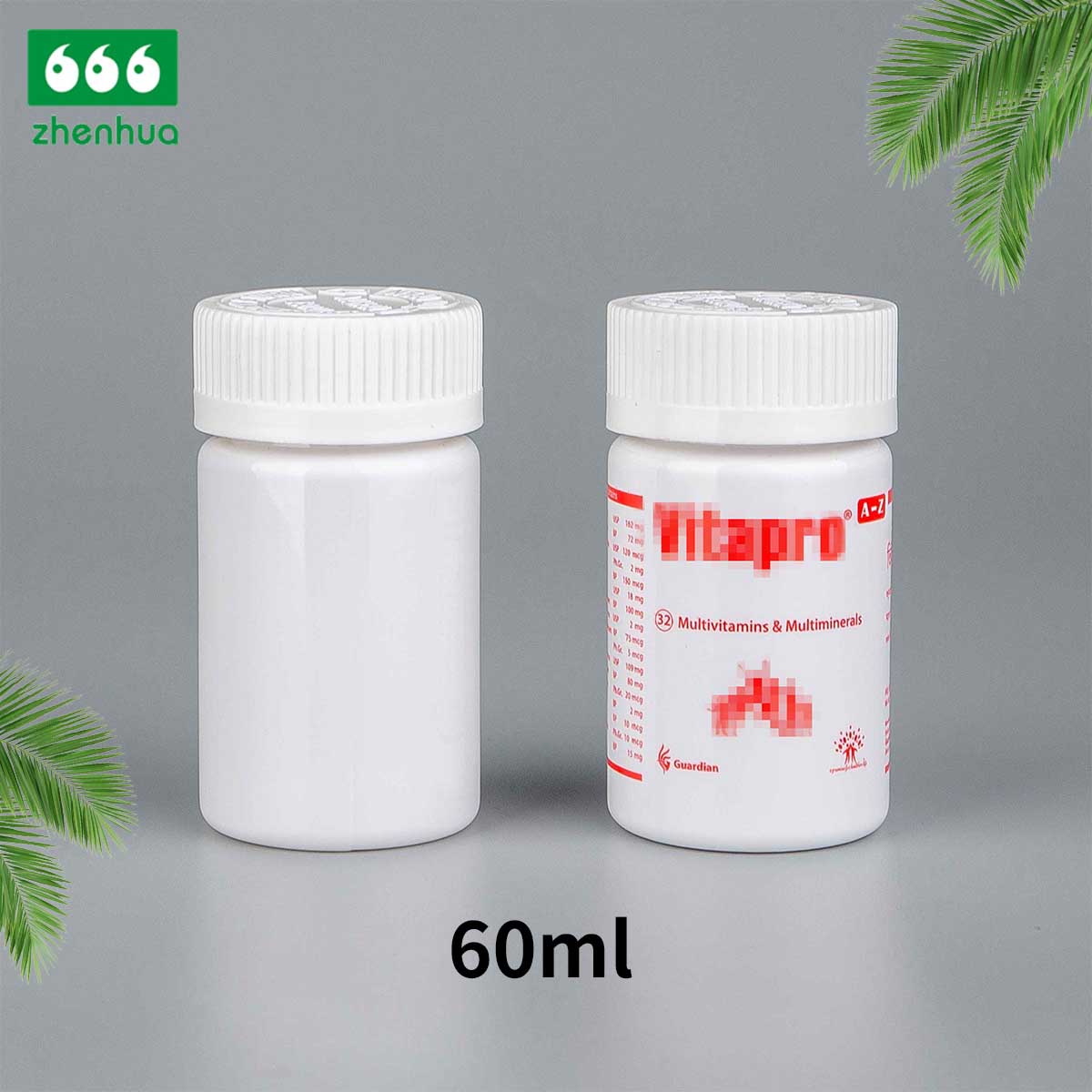
1.jpg)
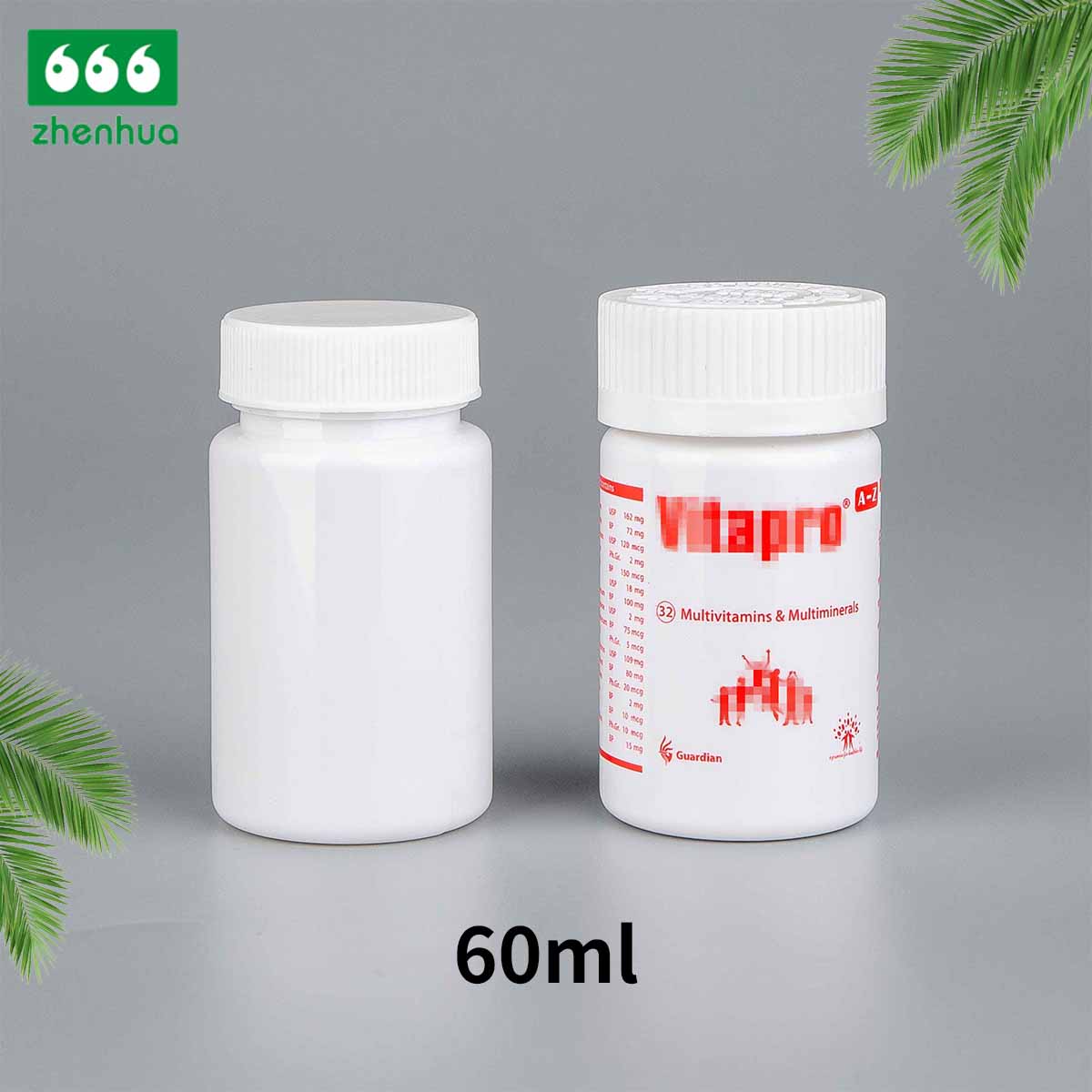
4.jpg)
2.jpg)
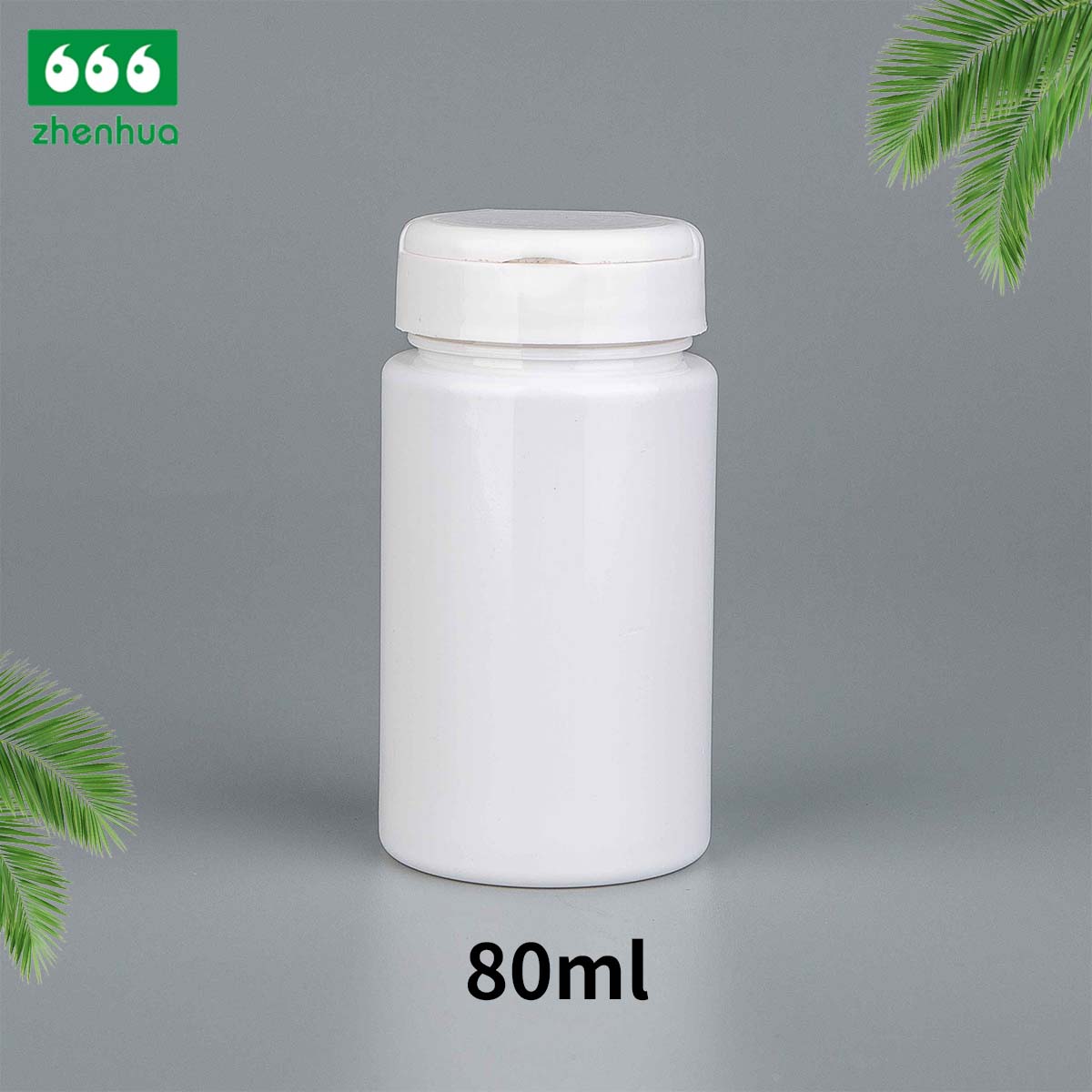
1.jpg)
1.jpg)
1.jpg)
3.jpg)
2.jpg)
3.jpg)
2.jpg)
3.jpg)
4.jpg)
2.jpg)
3.jpg)
4.jpg)
2.jpg)
3.jpg)
4.jpg)
7.jpg)
3.jpg)
4.jpg)
.jpg)
6.jpg)
2.jpg)
1.jpg)
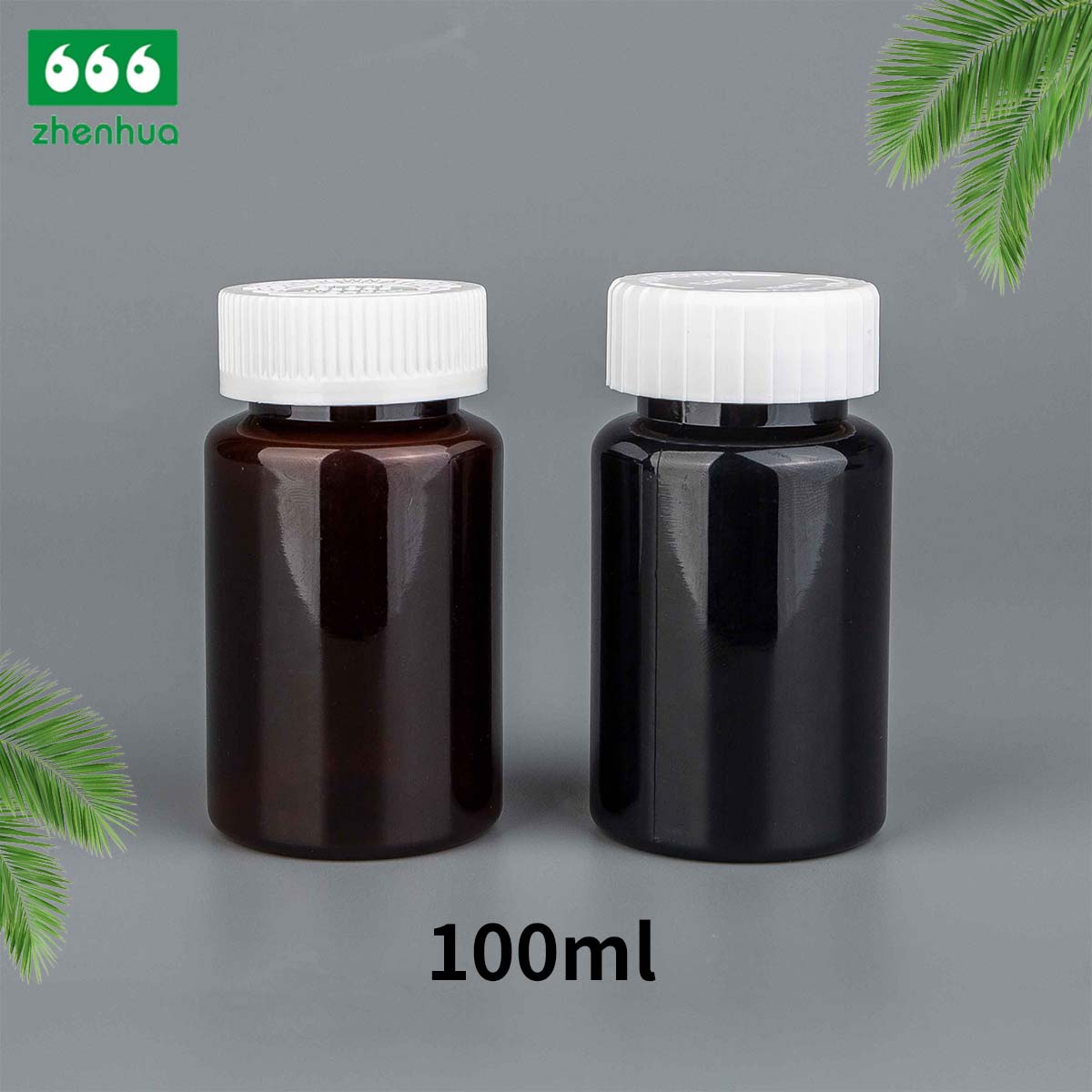
.jpg)
1.jpg)
1.jpg)
1.jpg)
3.jpg)
2.jpg)
1.jpg)
2.jpg)
4.jpg)
4.jpg)
1.jpg)
2.jpg)
3.jpg)
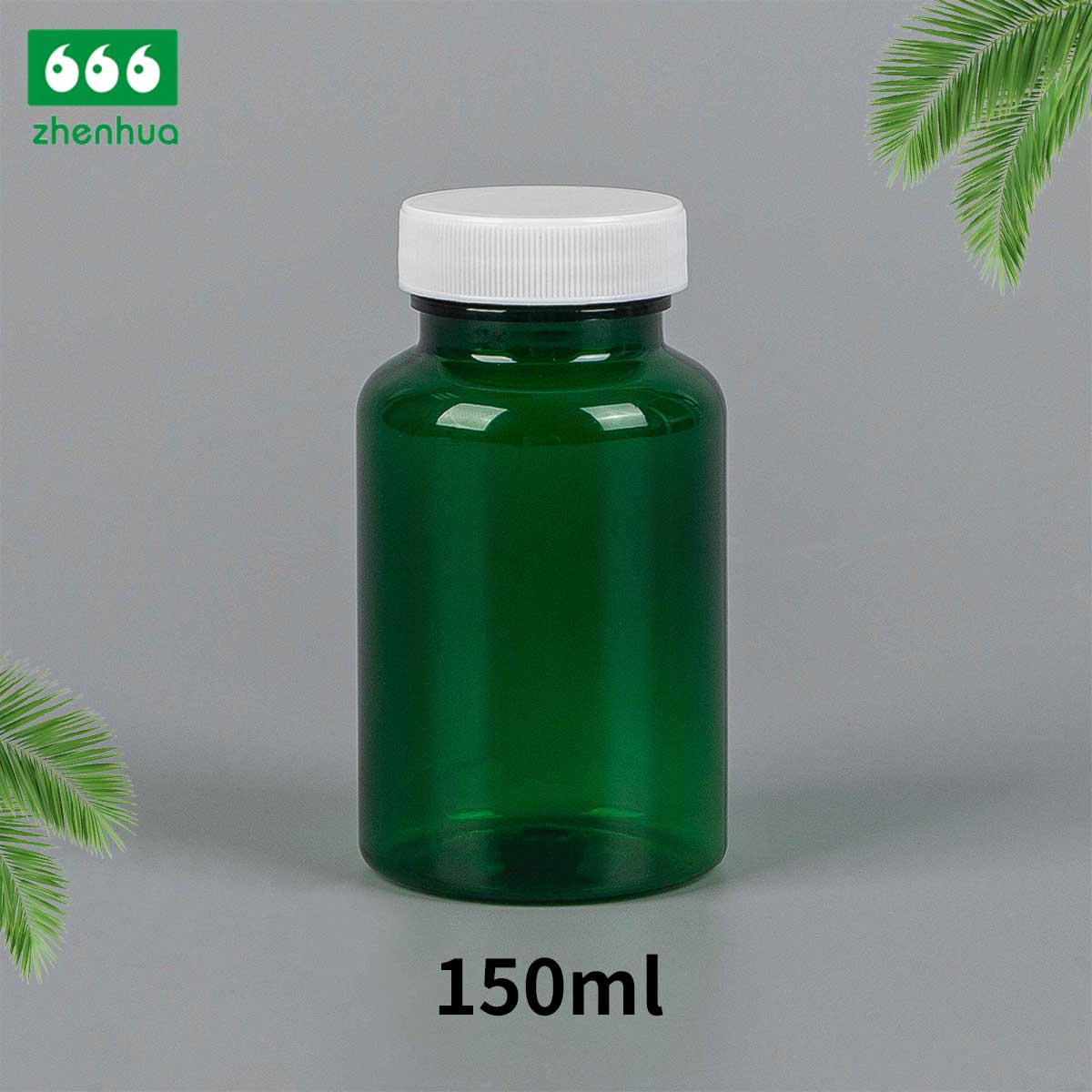
4.jpg)
1.jpg)
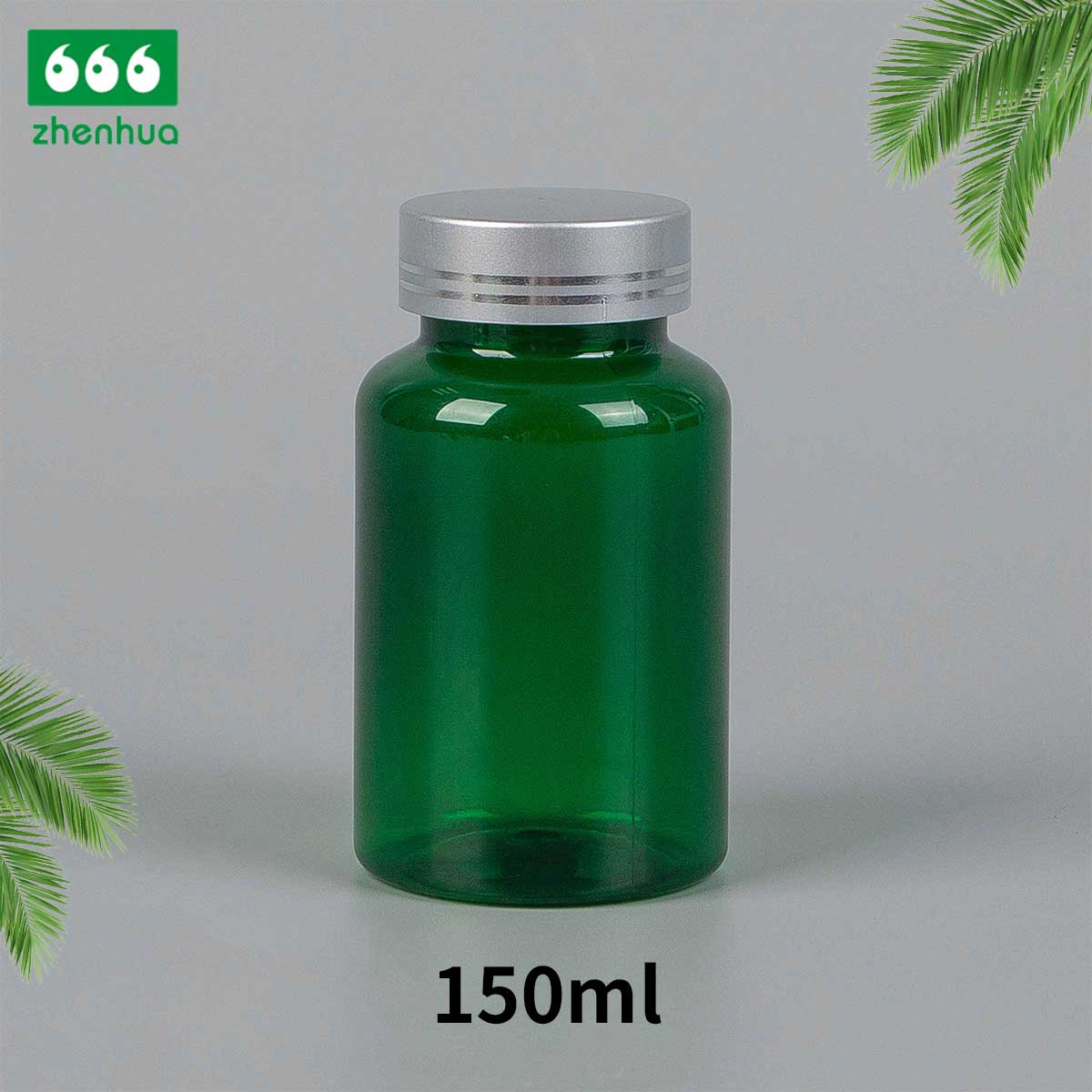
5.jpg)
3.jpg)
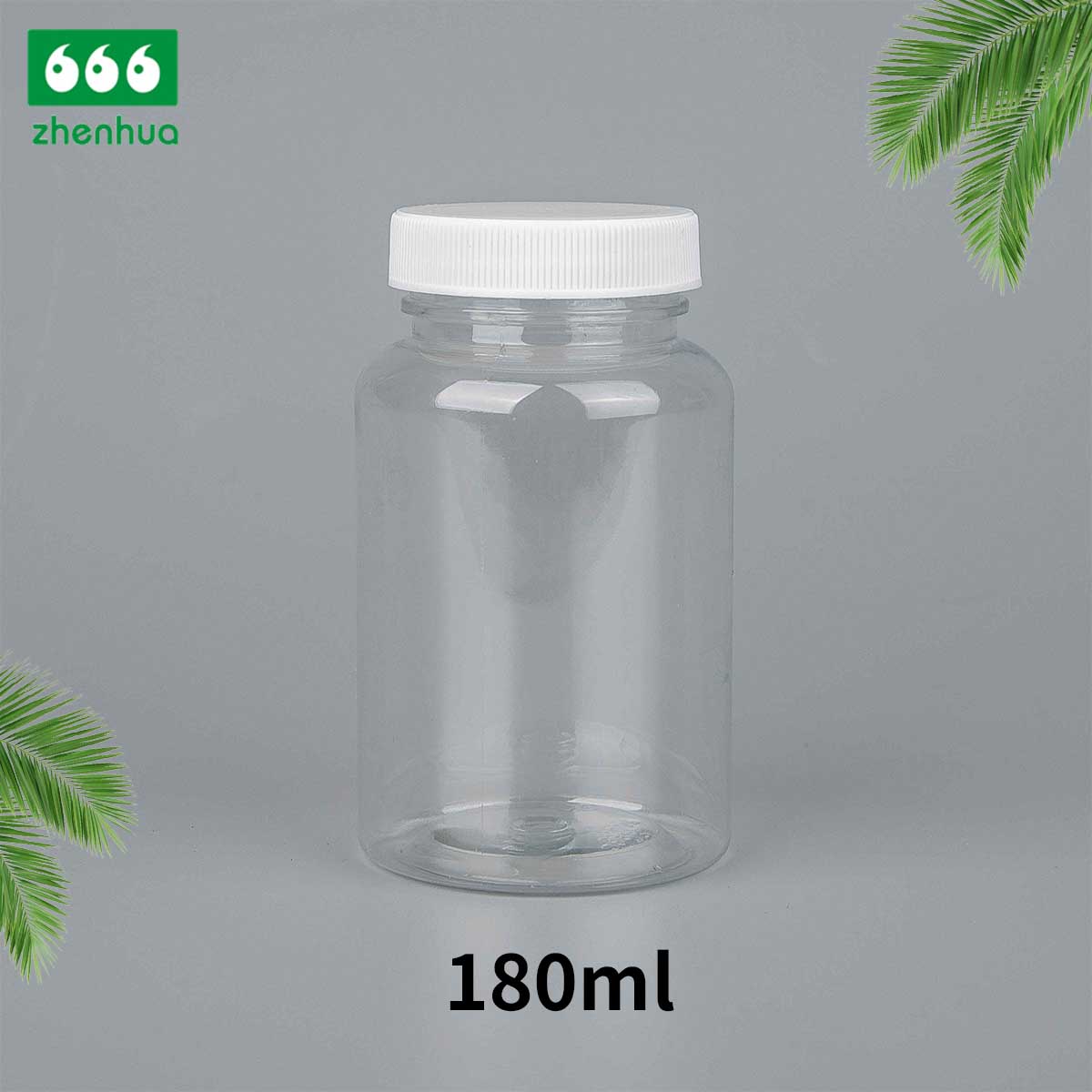
1.jpg)
2.jpg)
2.jpg)
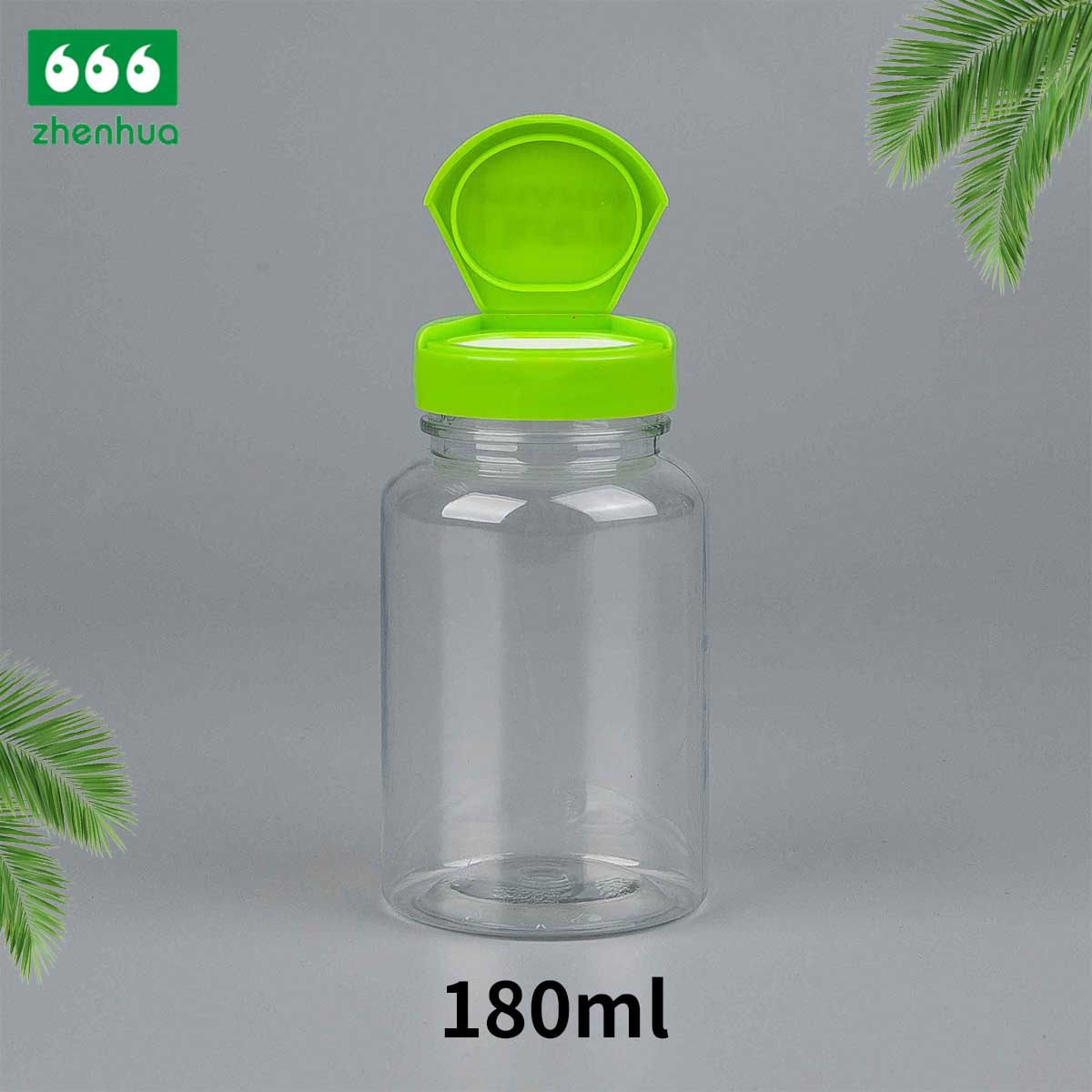
2.jpg)
3.jpg)
4.jpg)
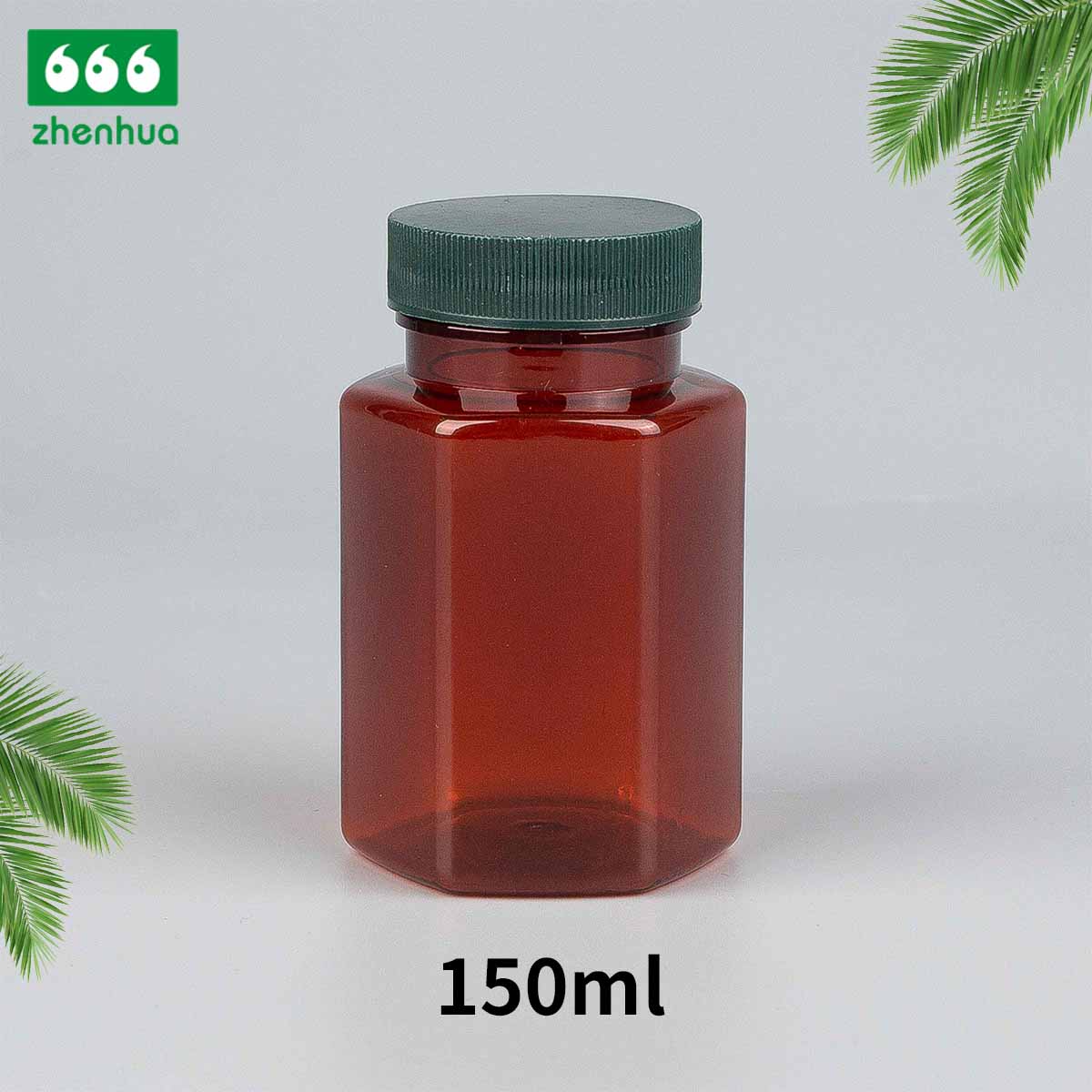
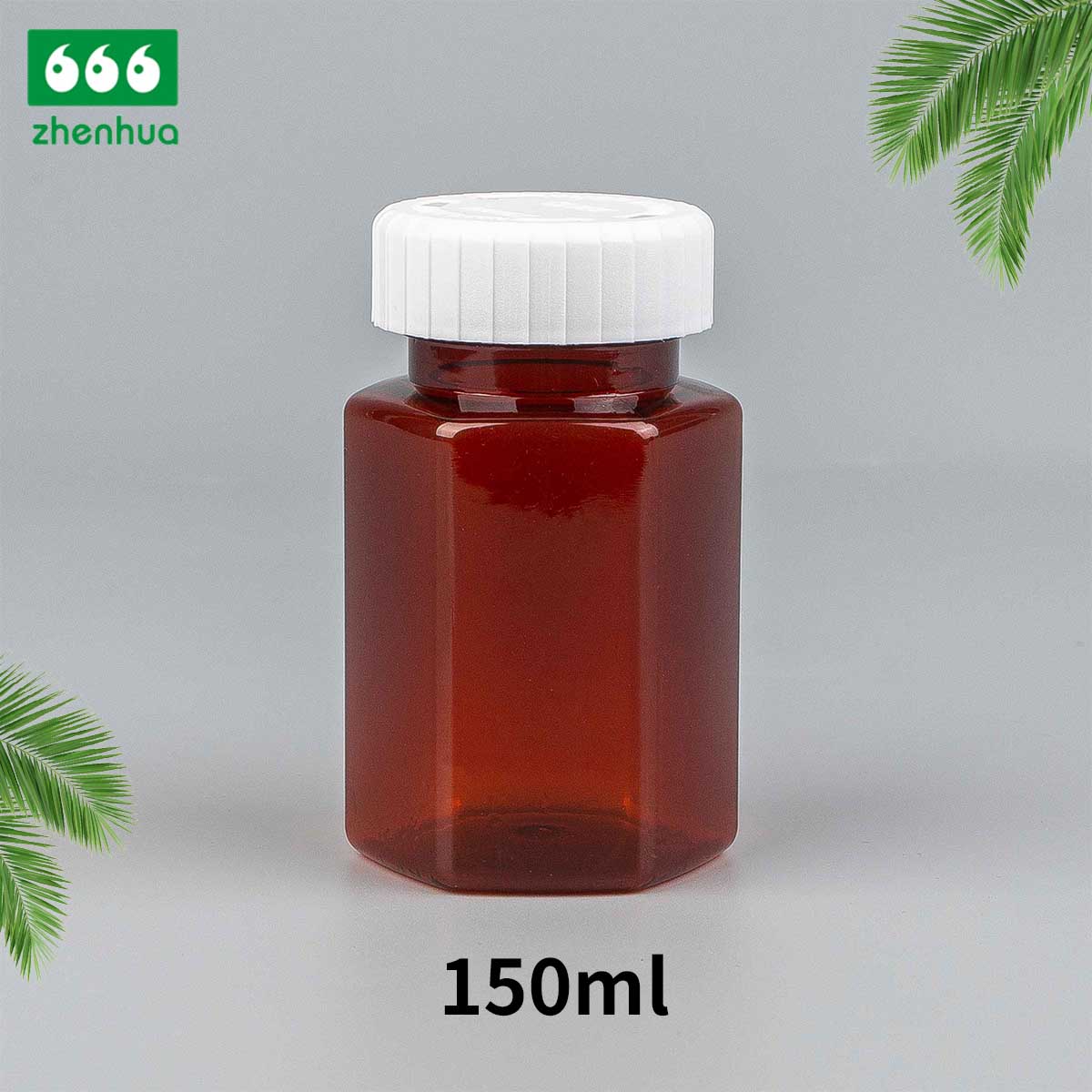
1.jpg)
2.jpg)
1.jpg)
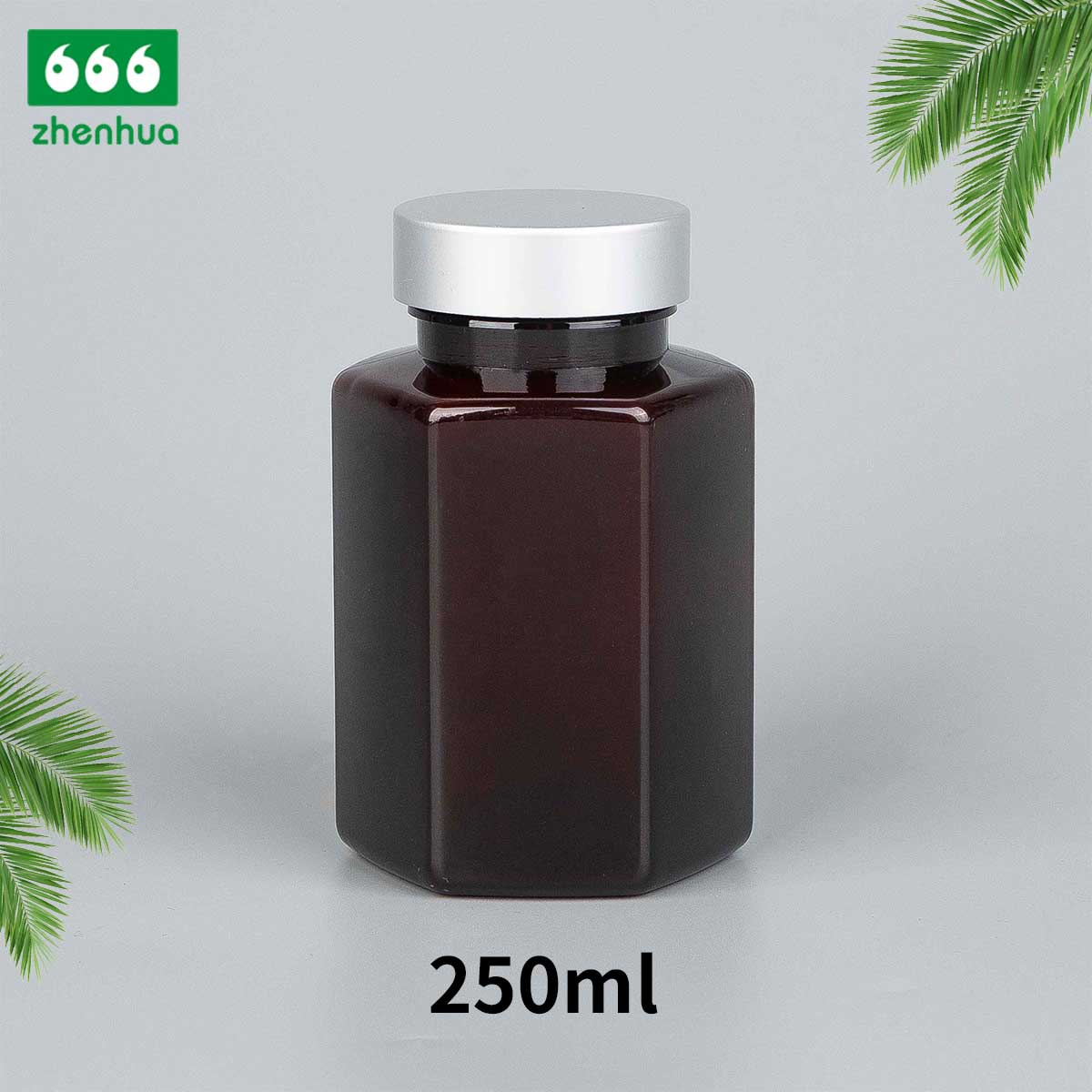
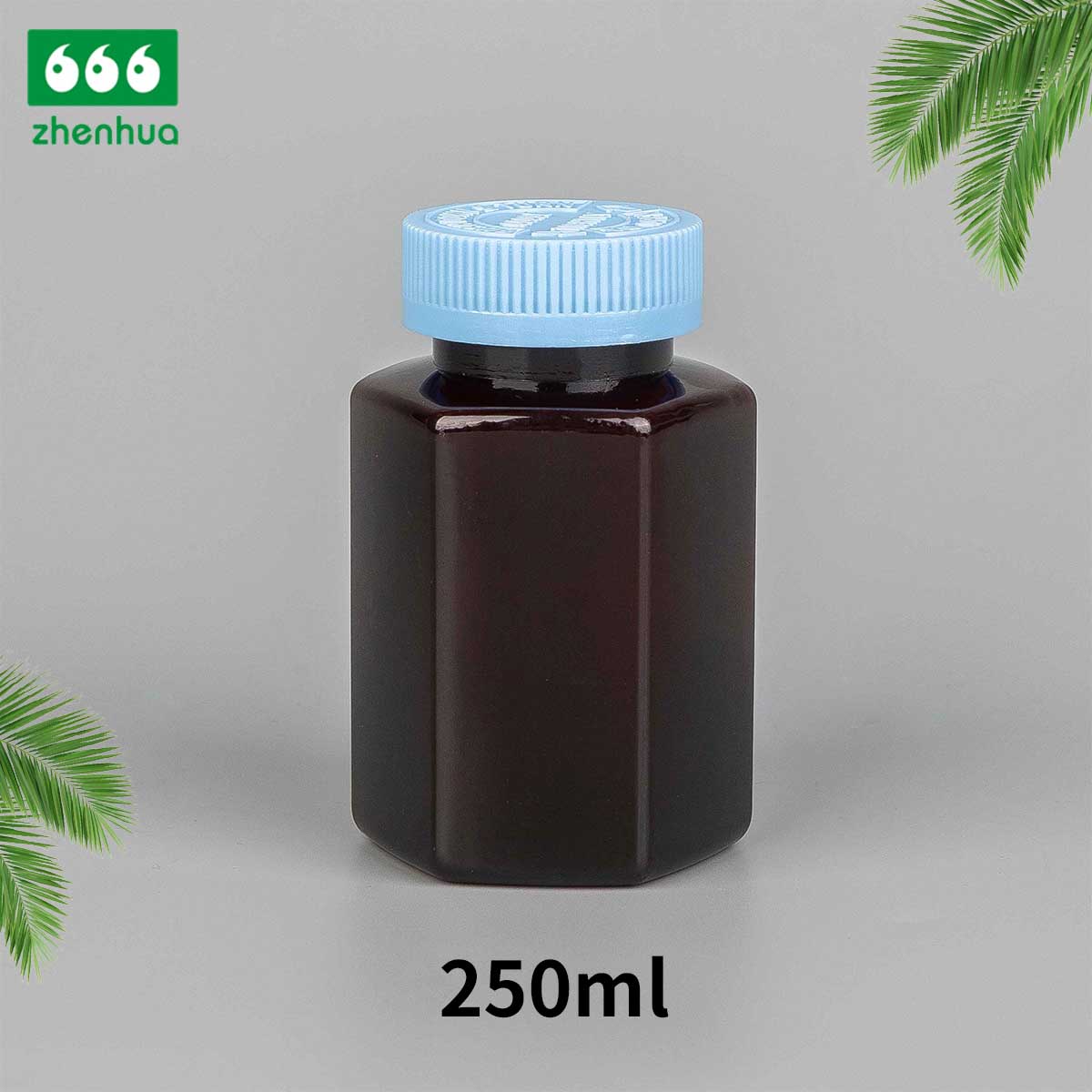
1.jpg)
2.jpg)
1.jpg)
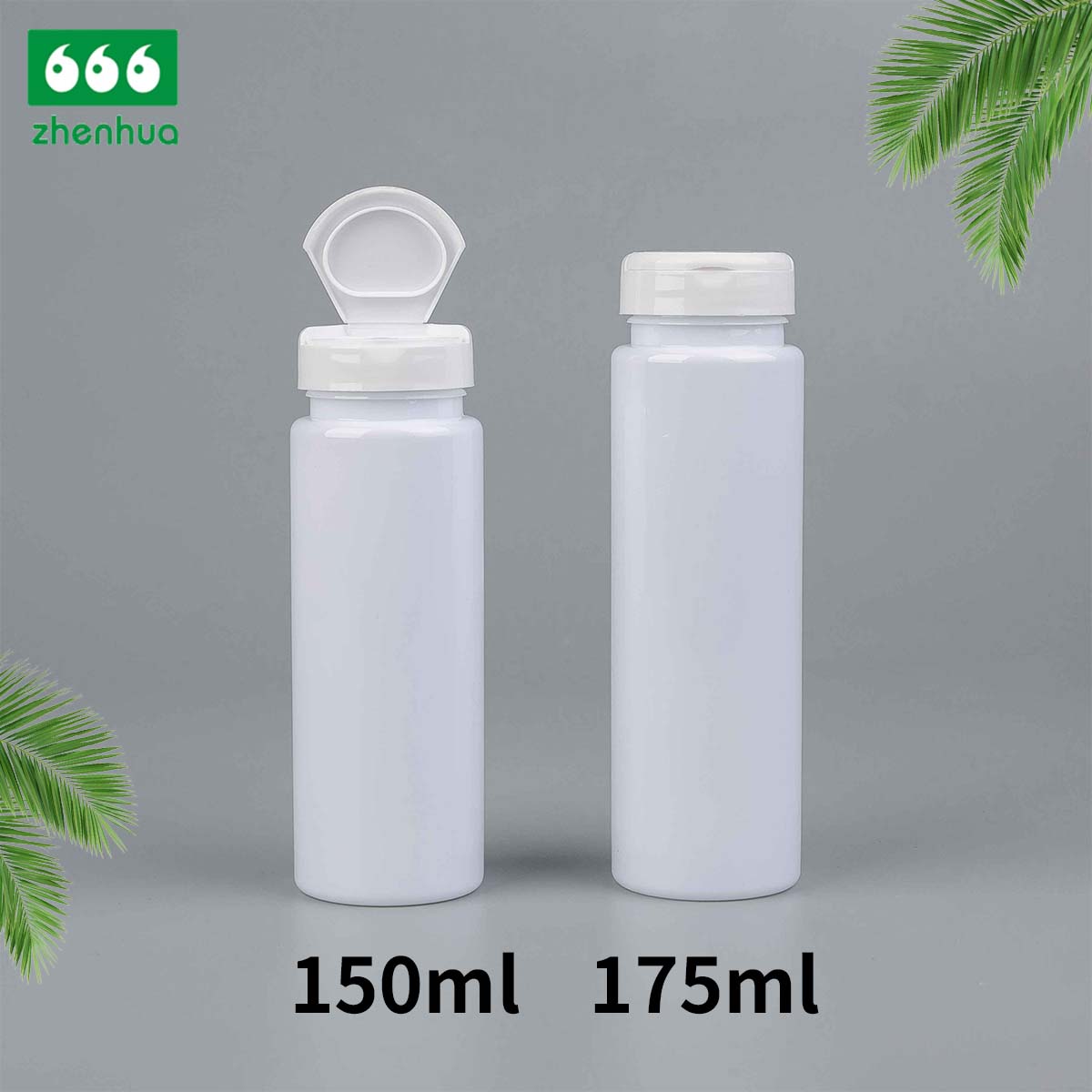
2.jpg)
2-1.jpg)
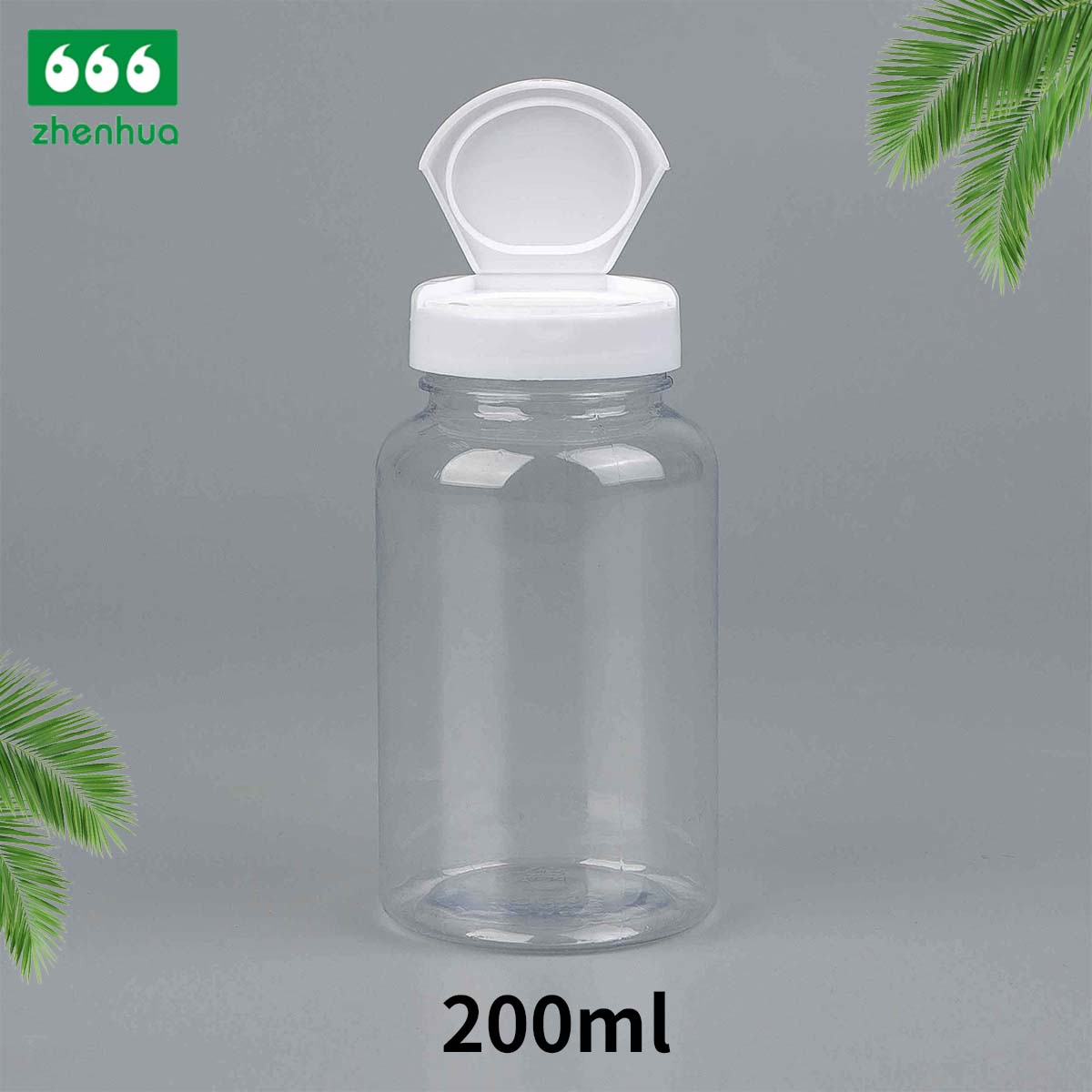
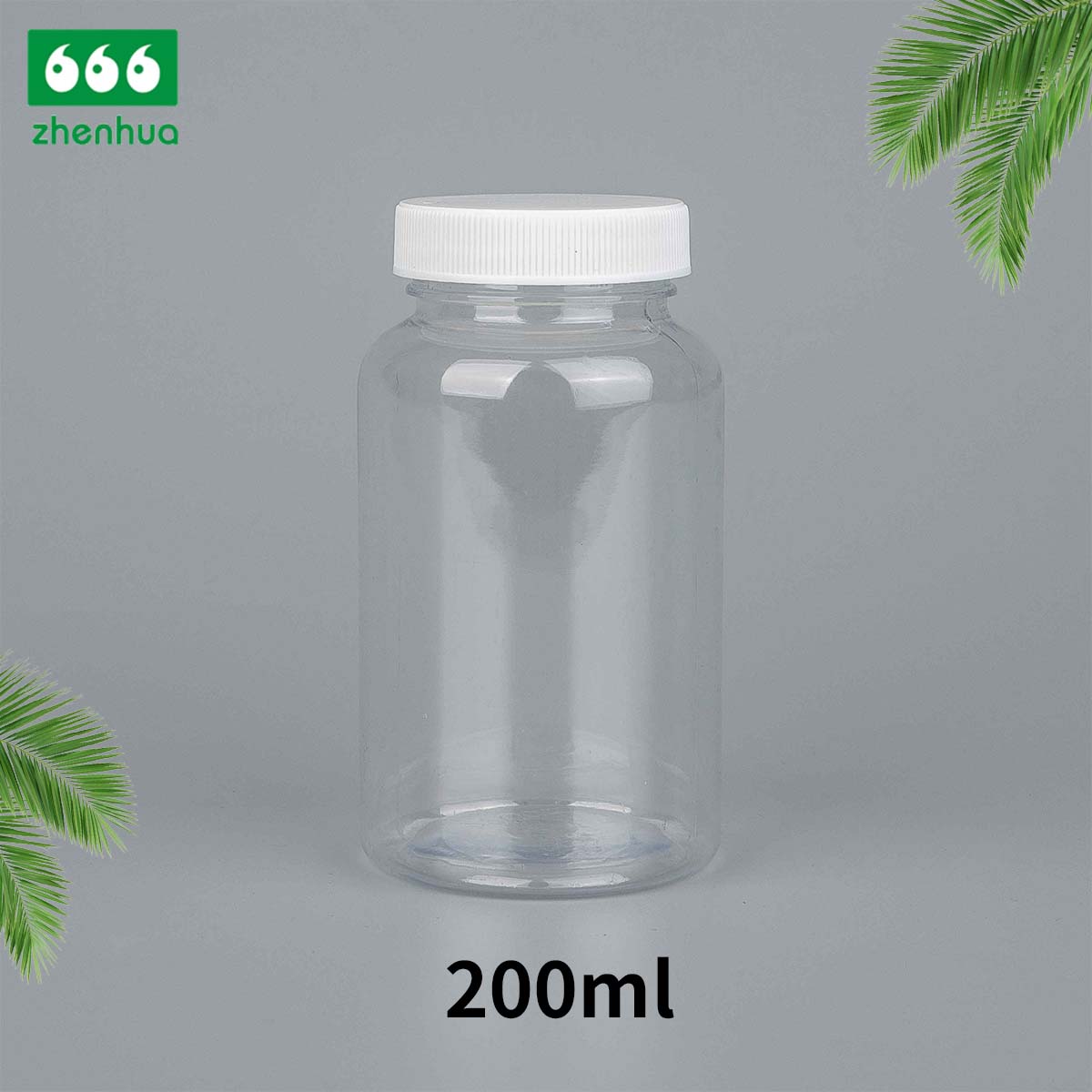
2.jpg)
1.jpg)
2.jpg)
1.jpg)
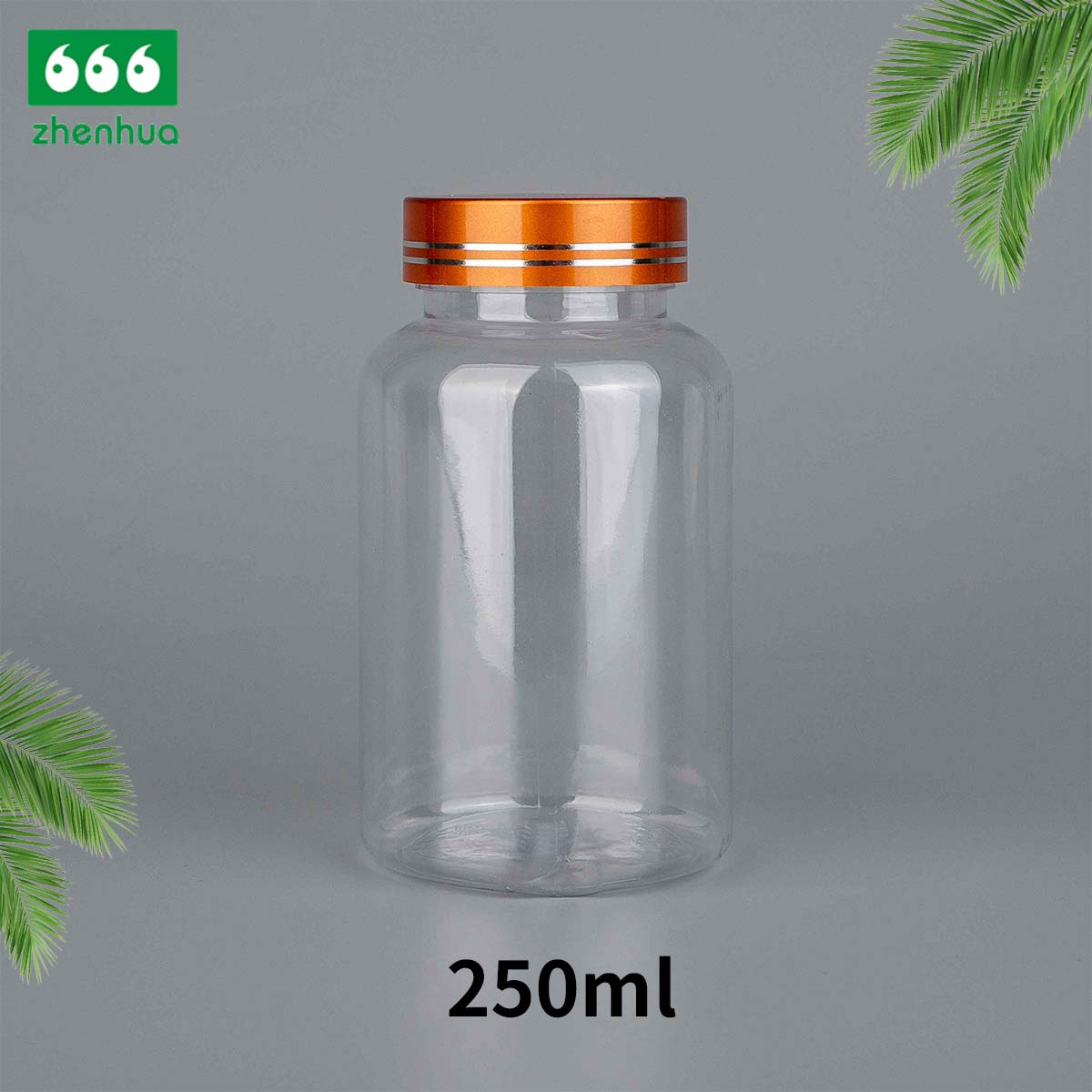
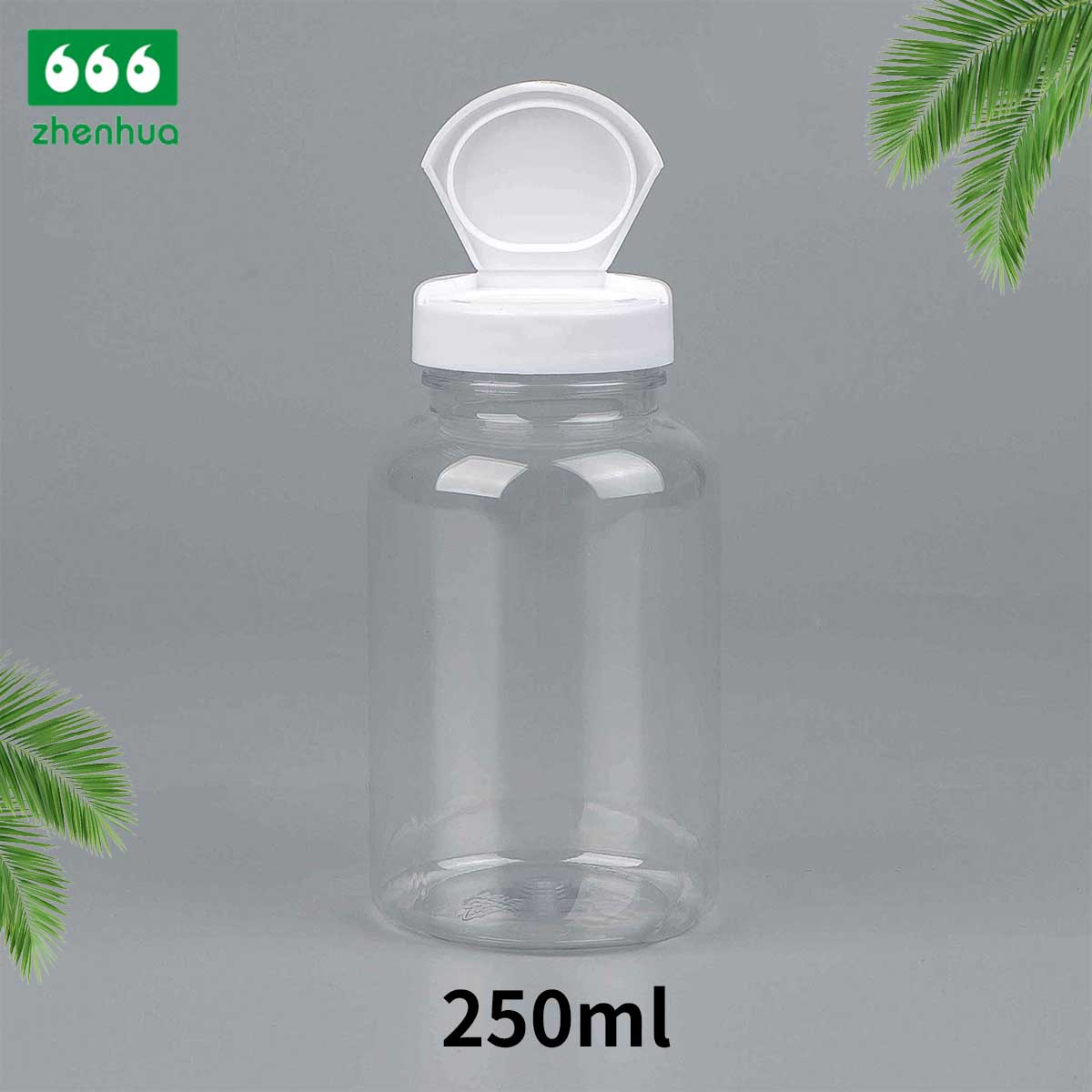
2.jpg)
1.jpg)
2.jpg)
3.jpg)
4.jpg)
2.jpg)
3.jpg)
4.jpg)
2.jpg)
4.jpg)
3.jpg)
2.jpg)
3.jpg)
4.jpg)
1.jpg)
2.jpg)
1.jpg)
3.jpg)
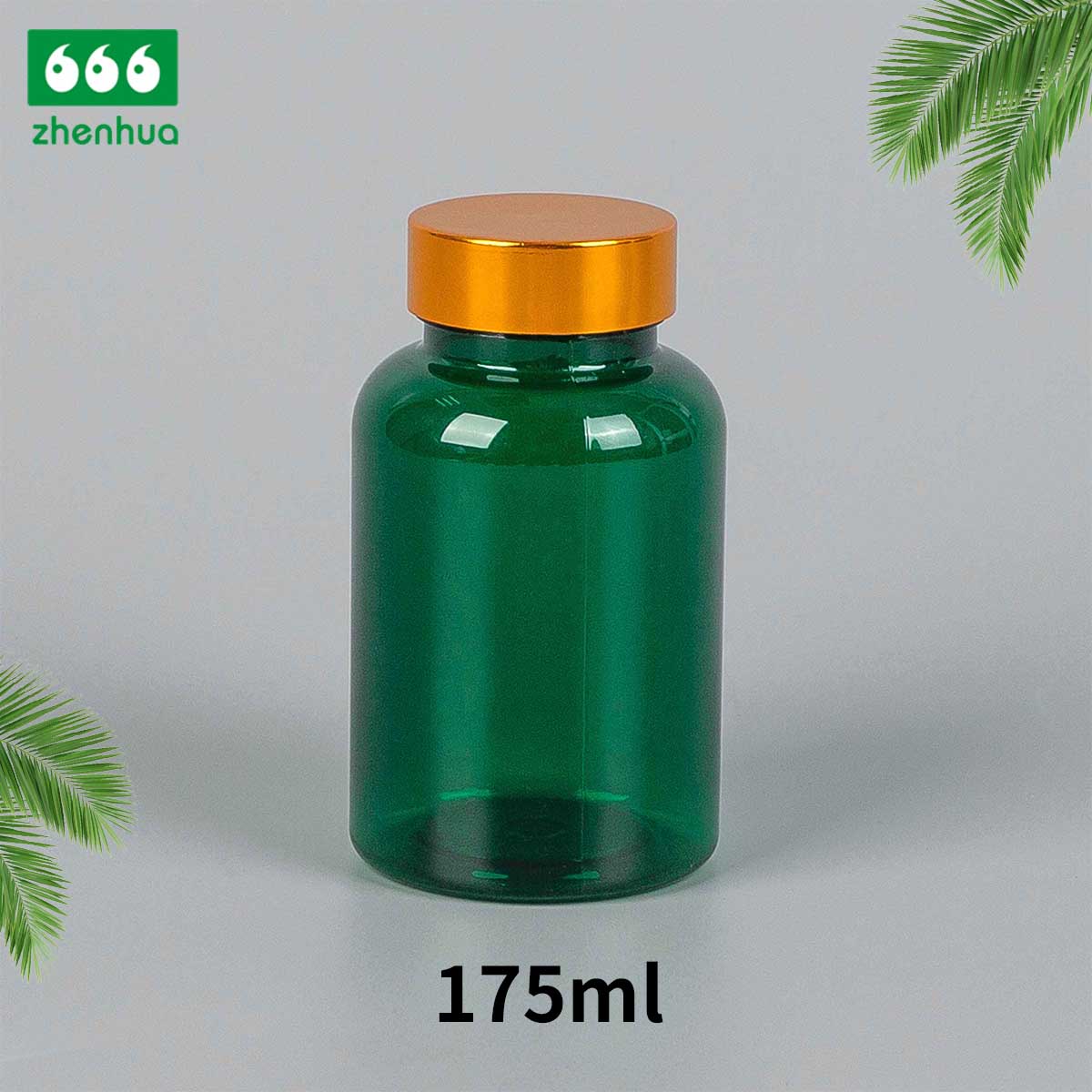
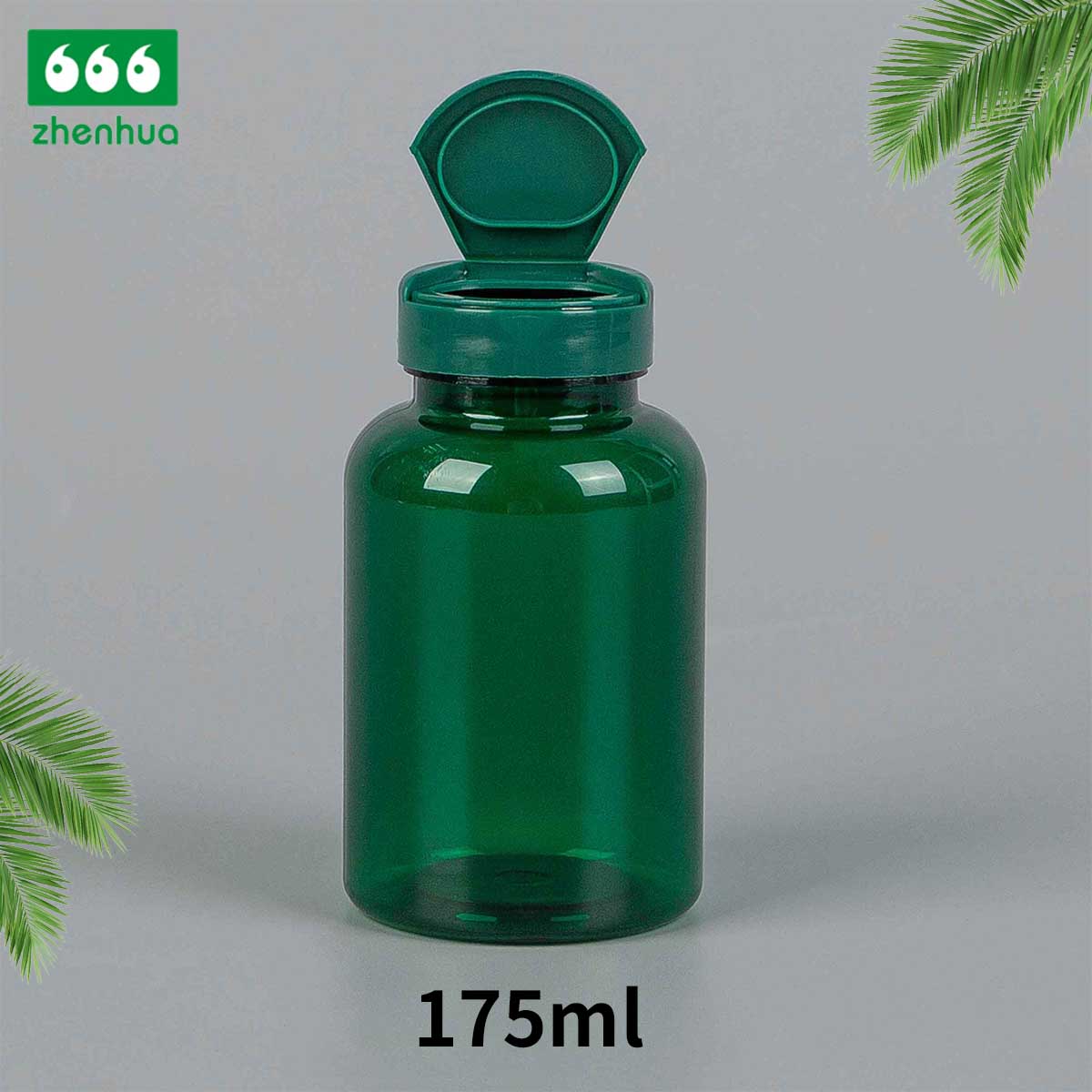
.jpg)
2.jpg)
1.jpg)
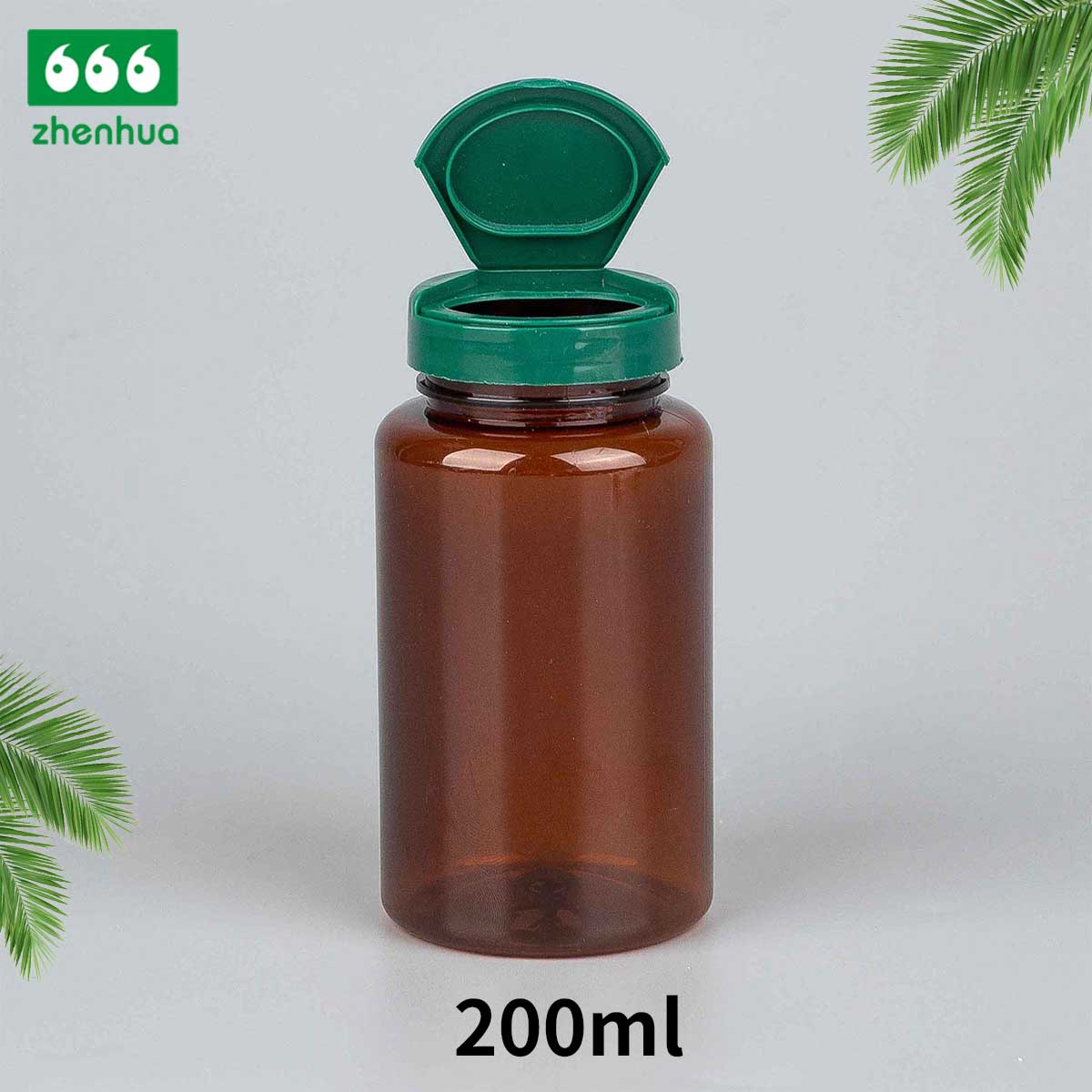
2.jpg)
1.jpg)
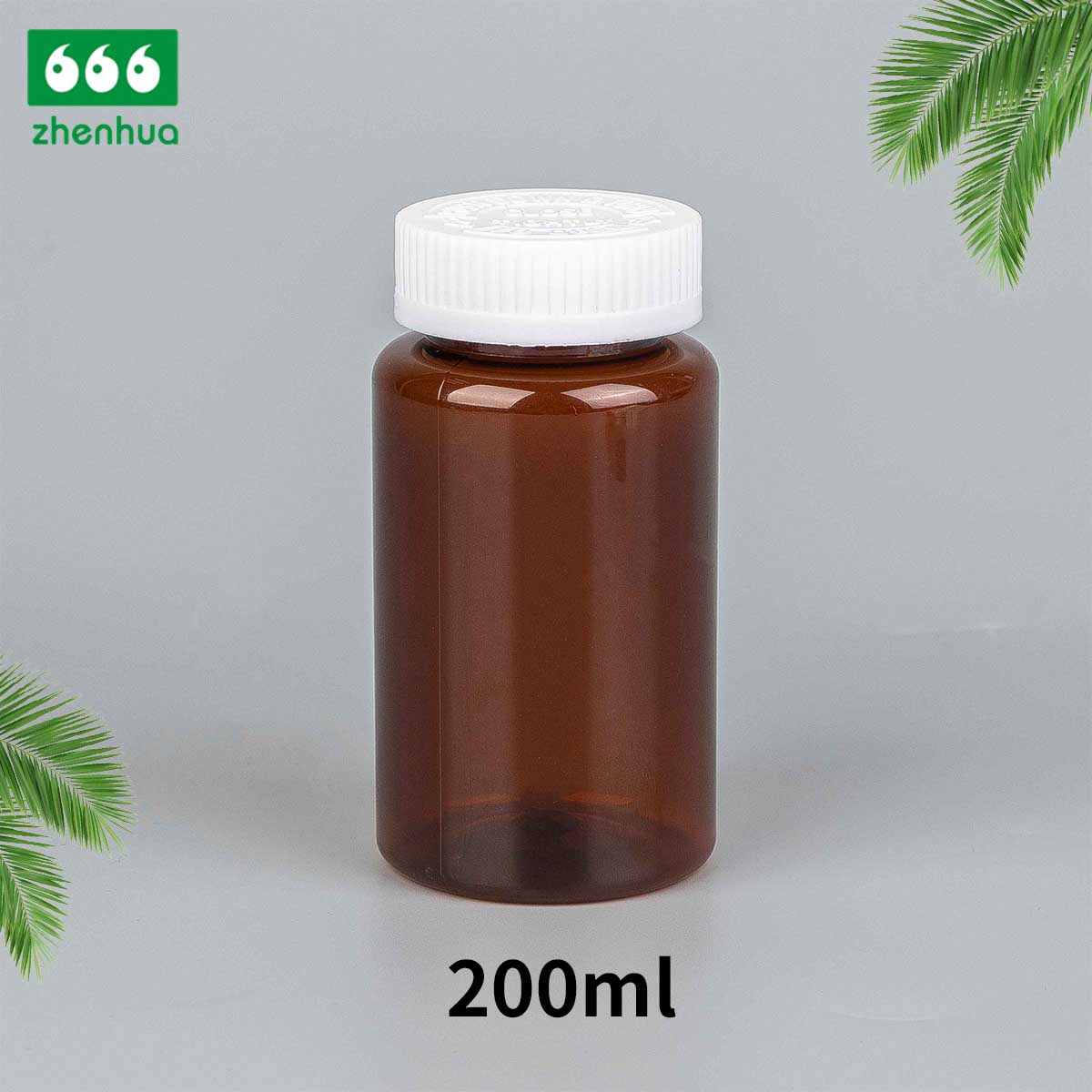
.jpg)
4.jpg)
3.jpg)
1.jpg)
2.jpg)
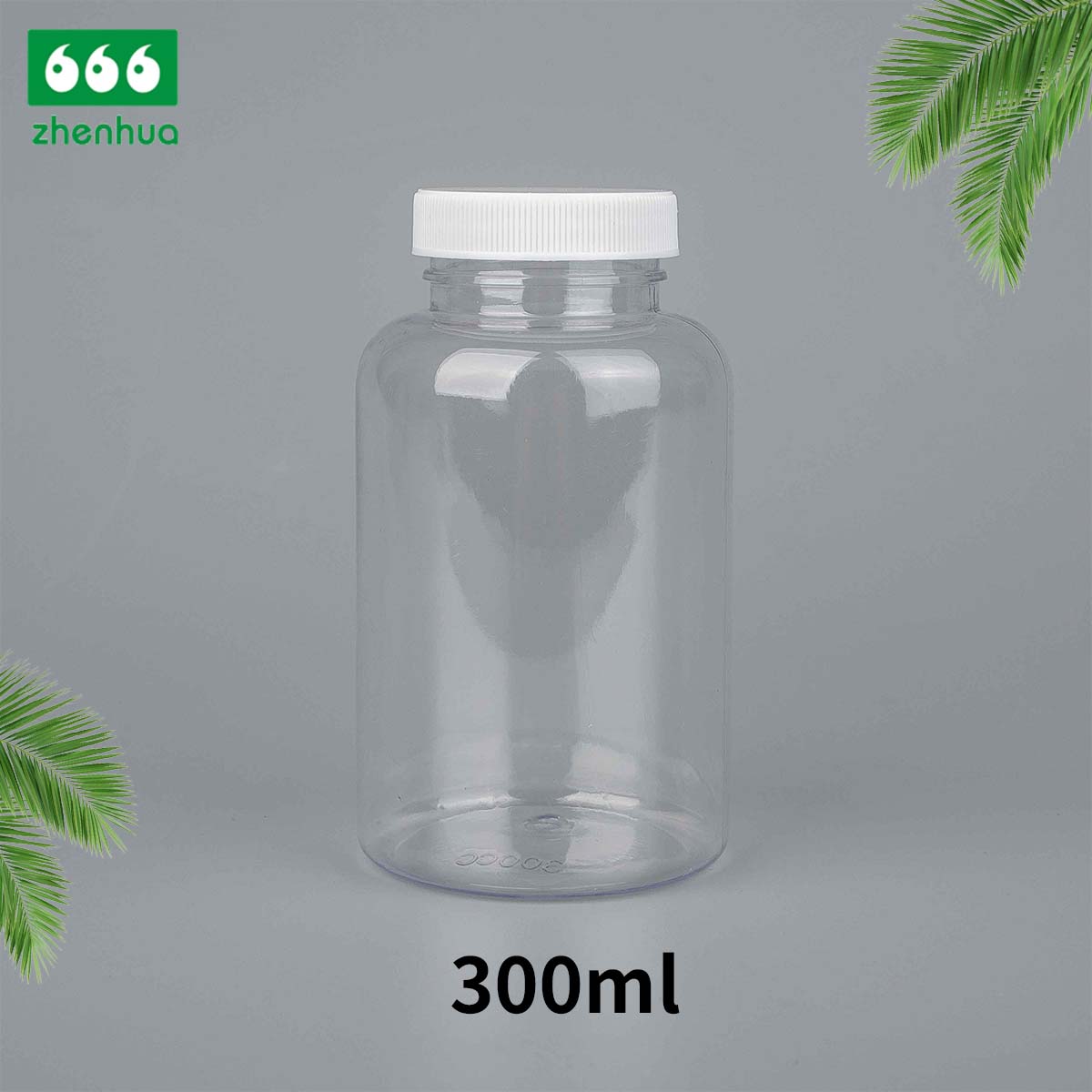
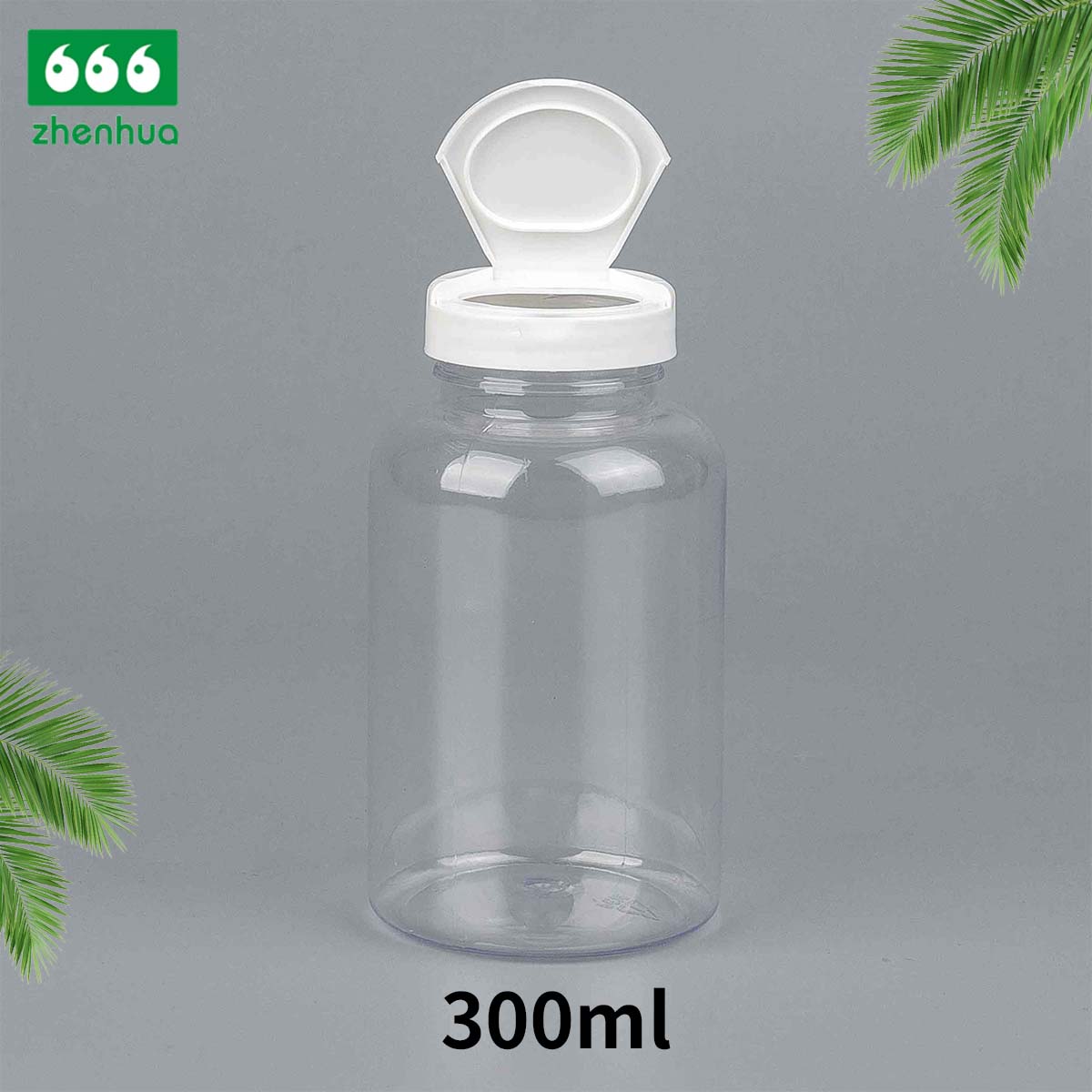
2.jpg)
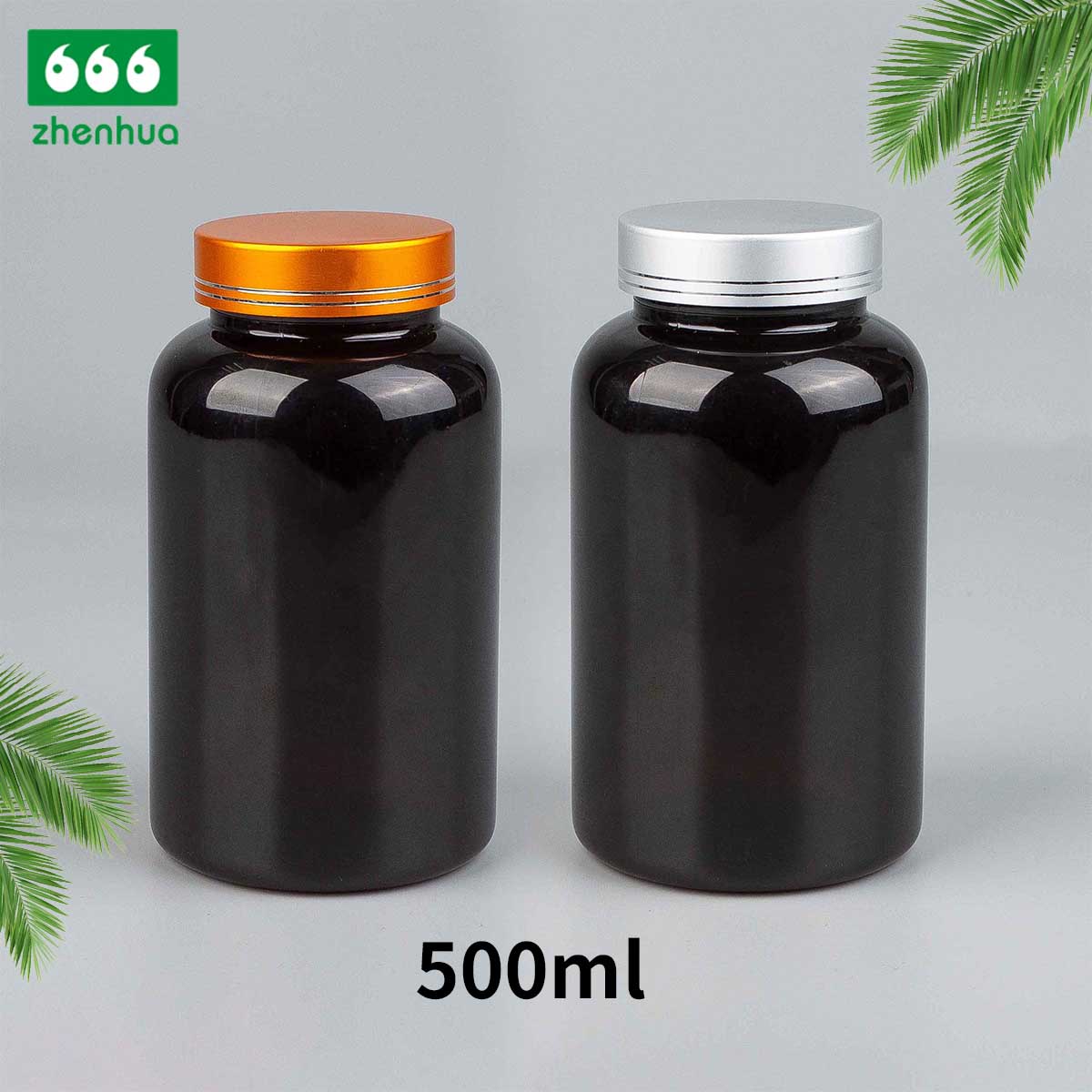
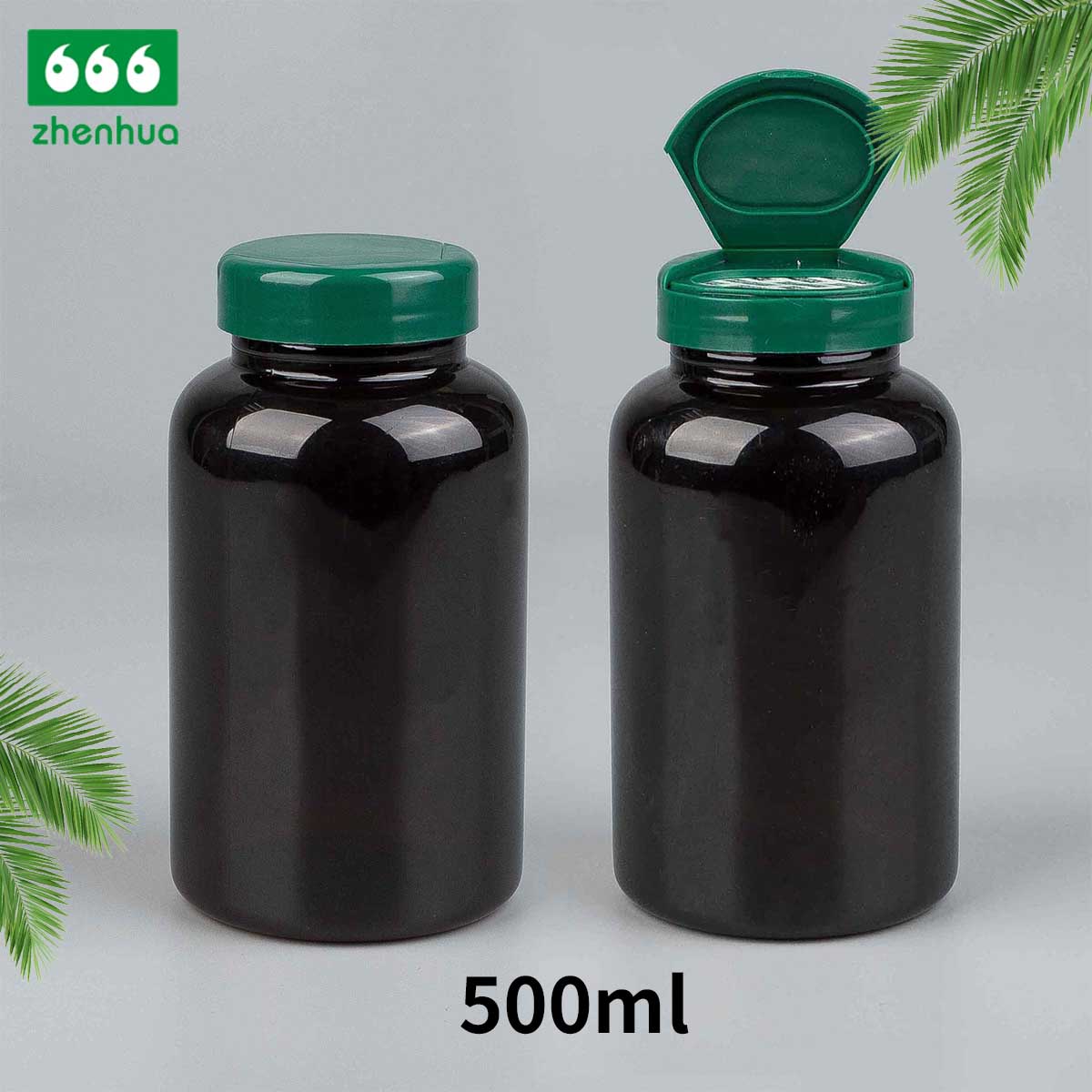
3.jpg)
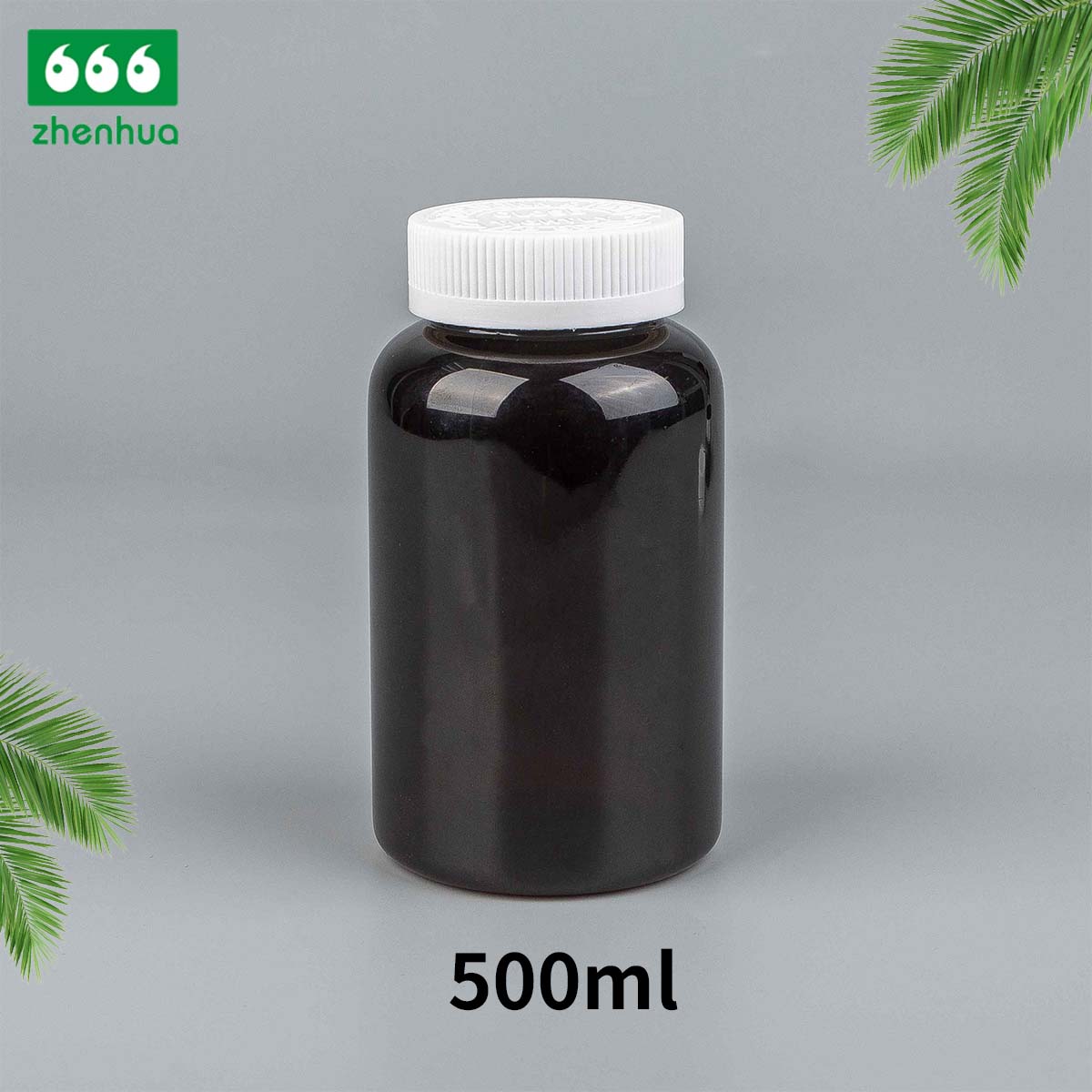
3.jpg)
5.jpg)
2.jpg)
4.jpg)
3.jpg)









